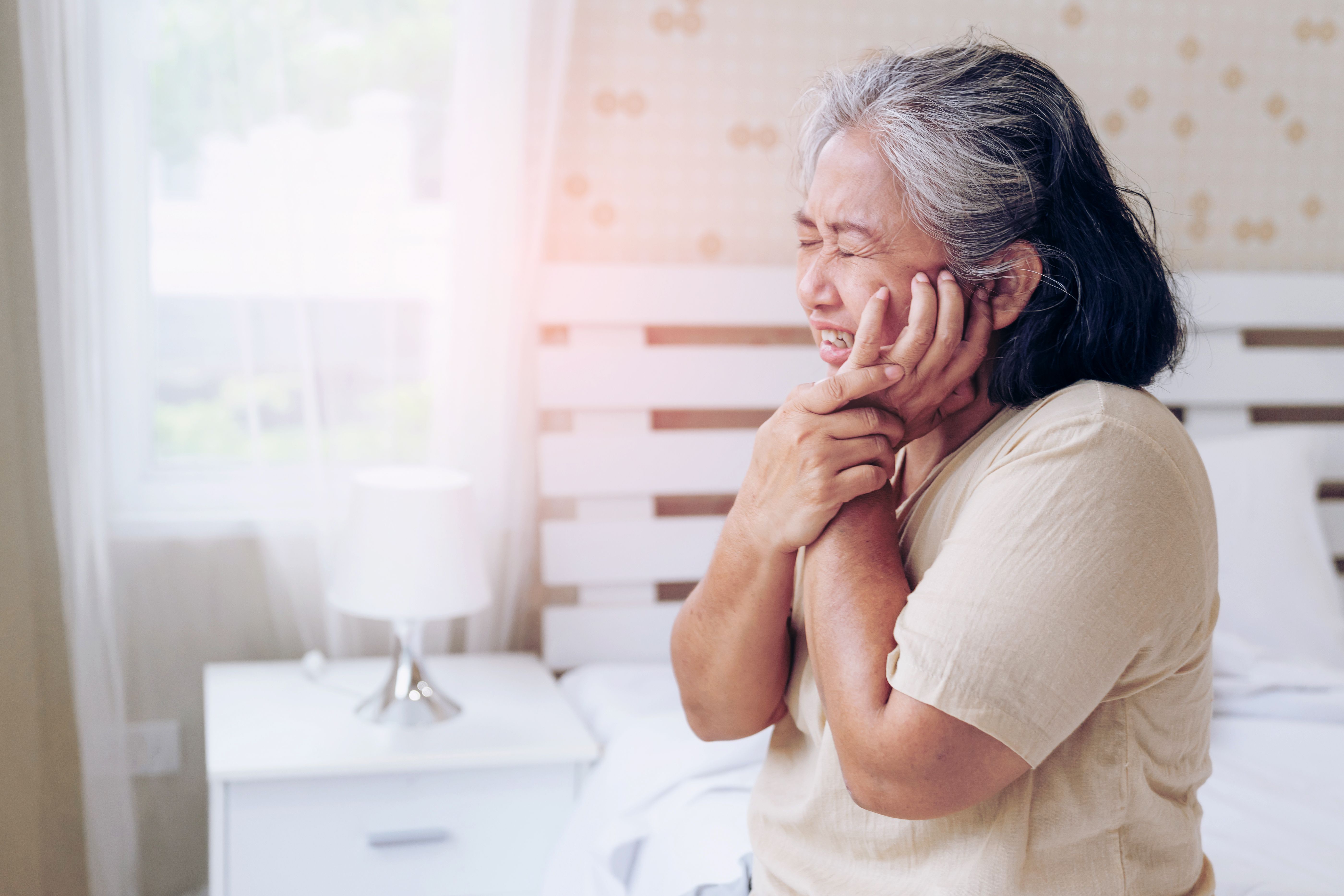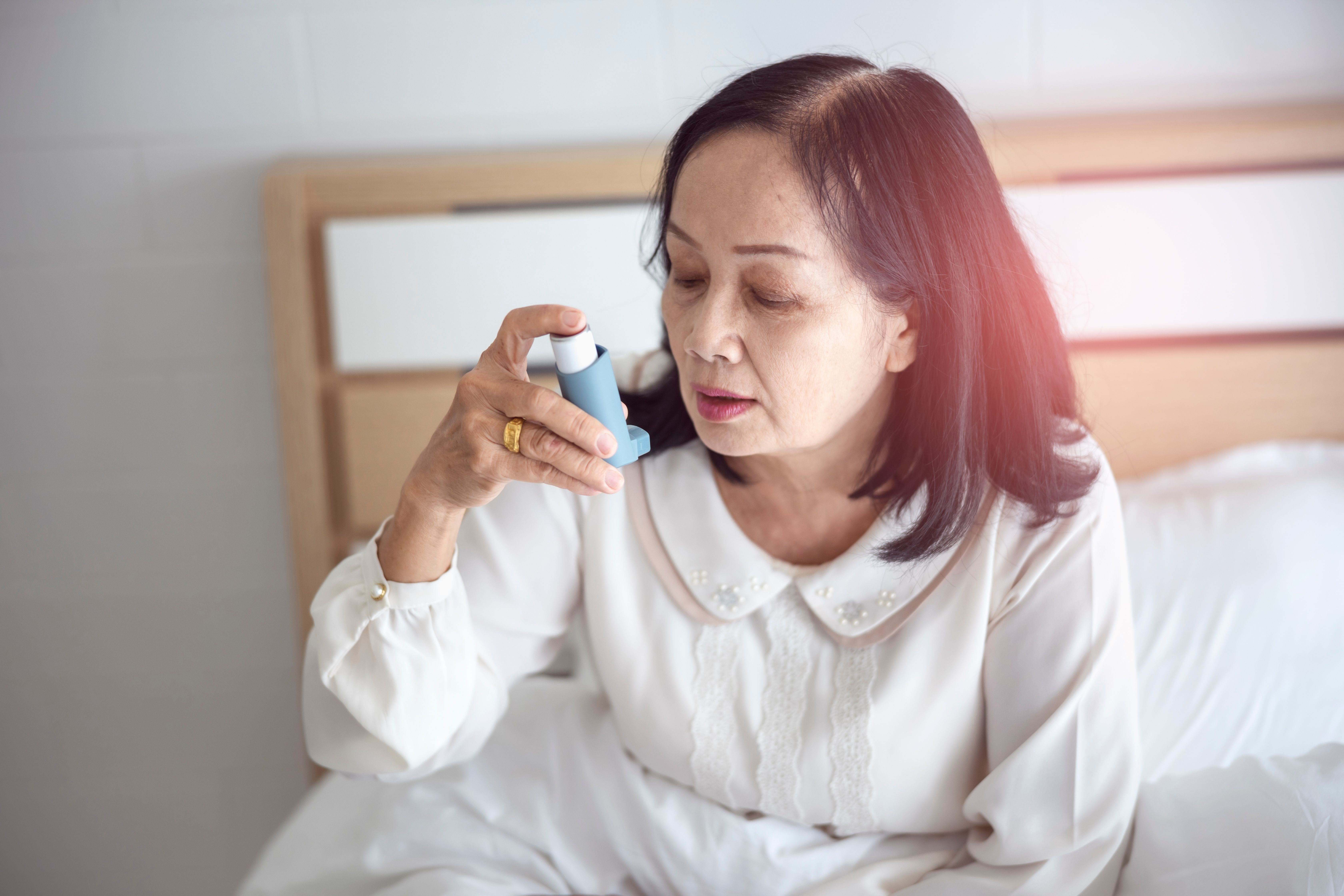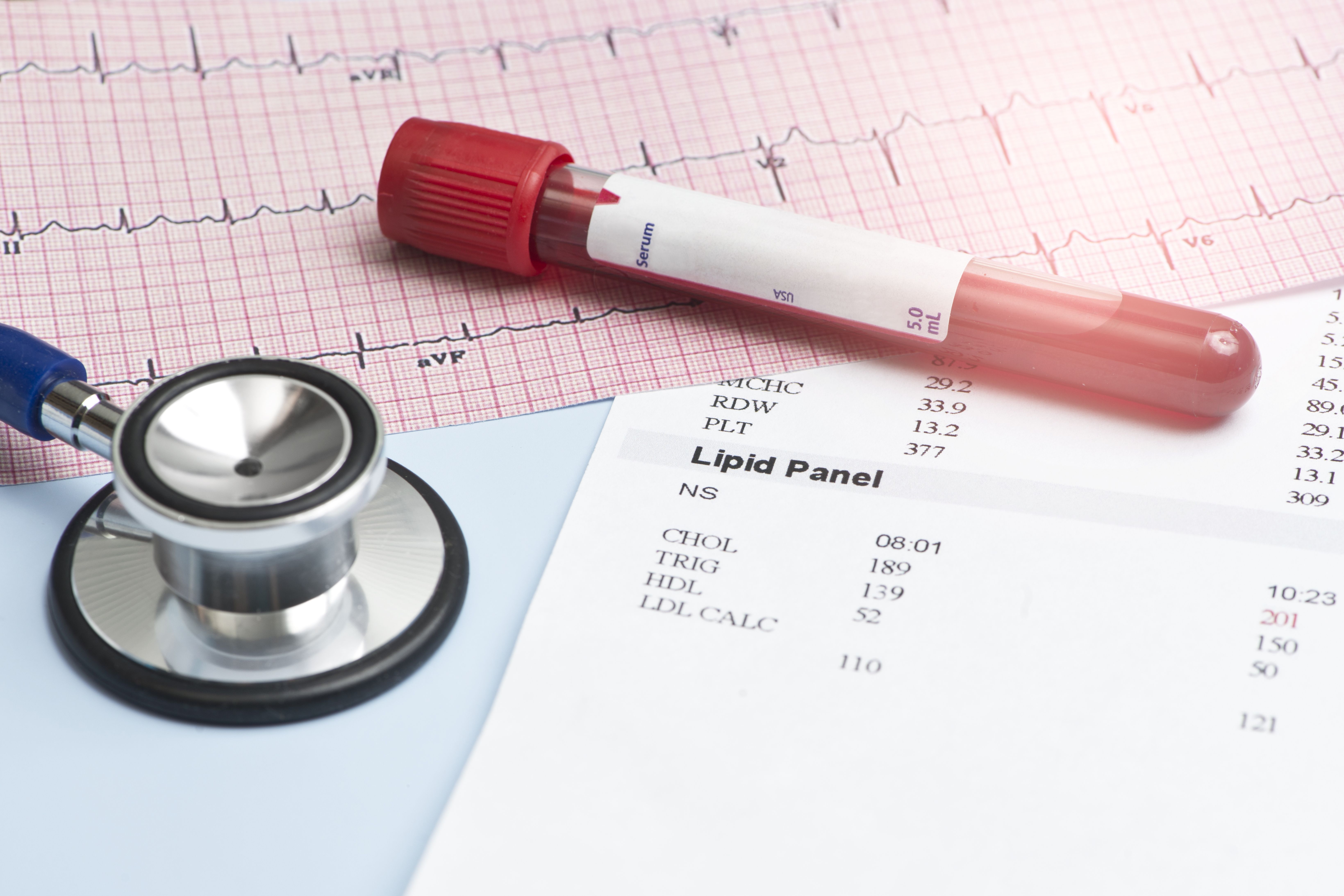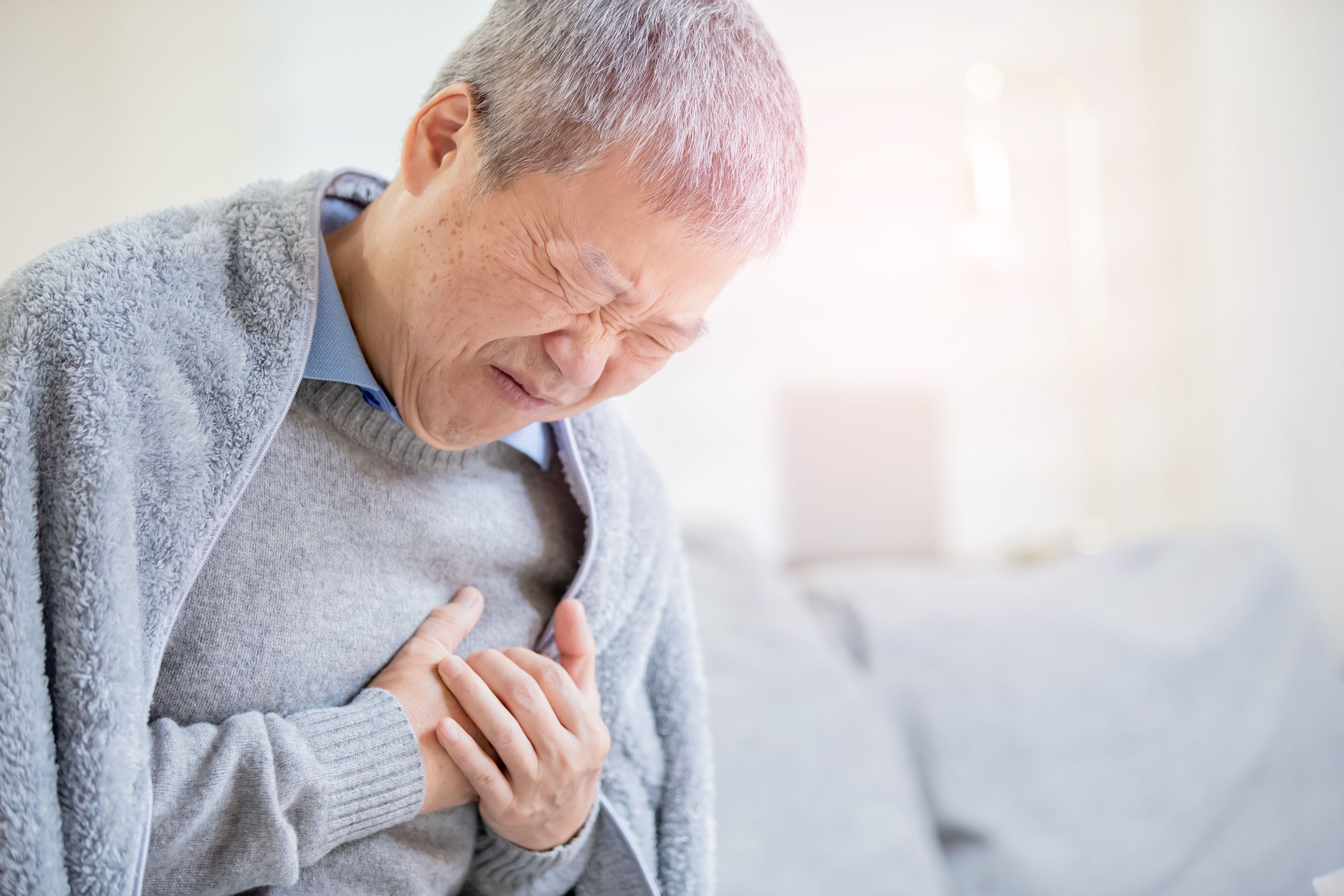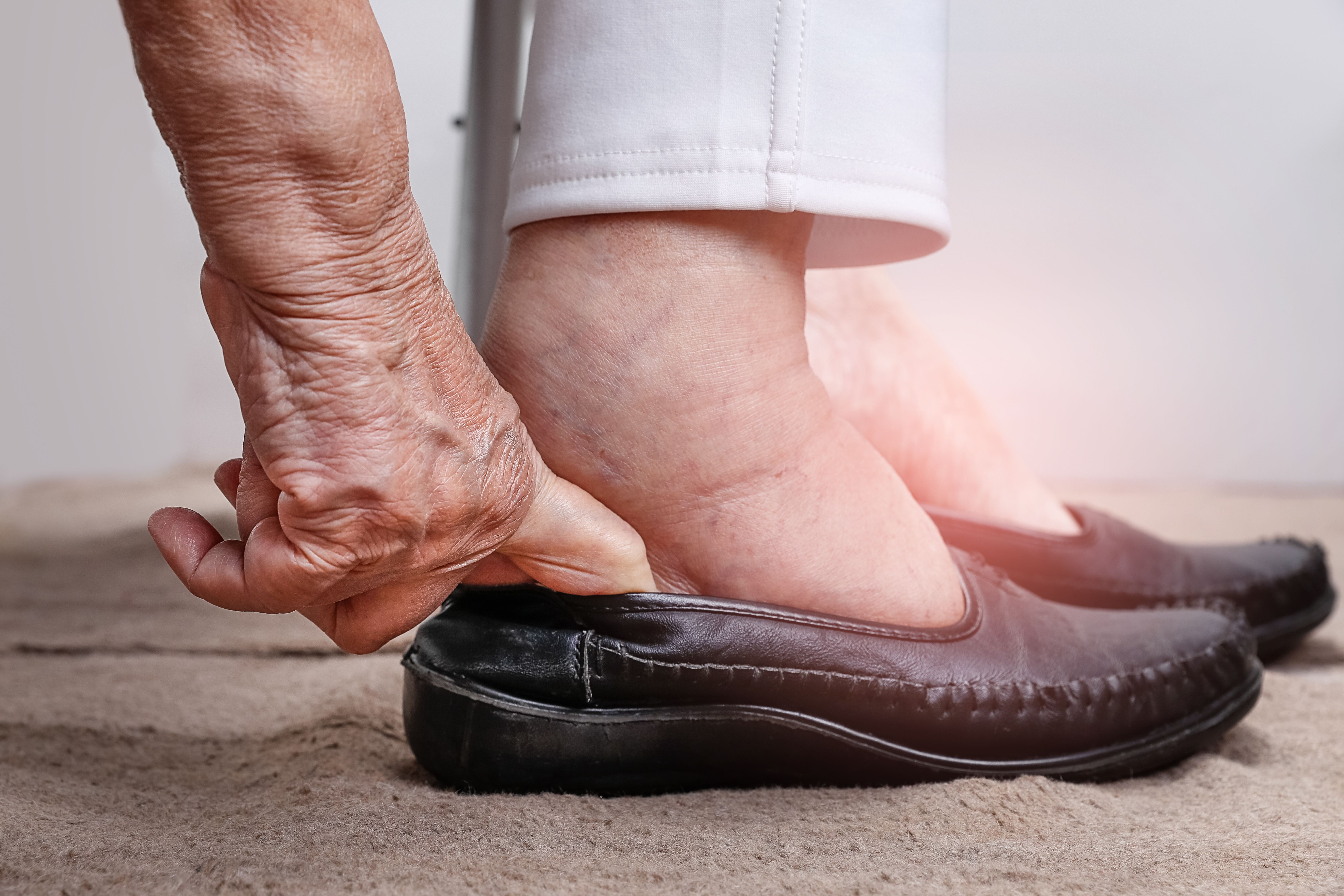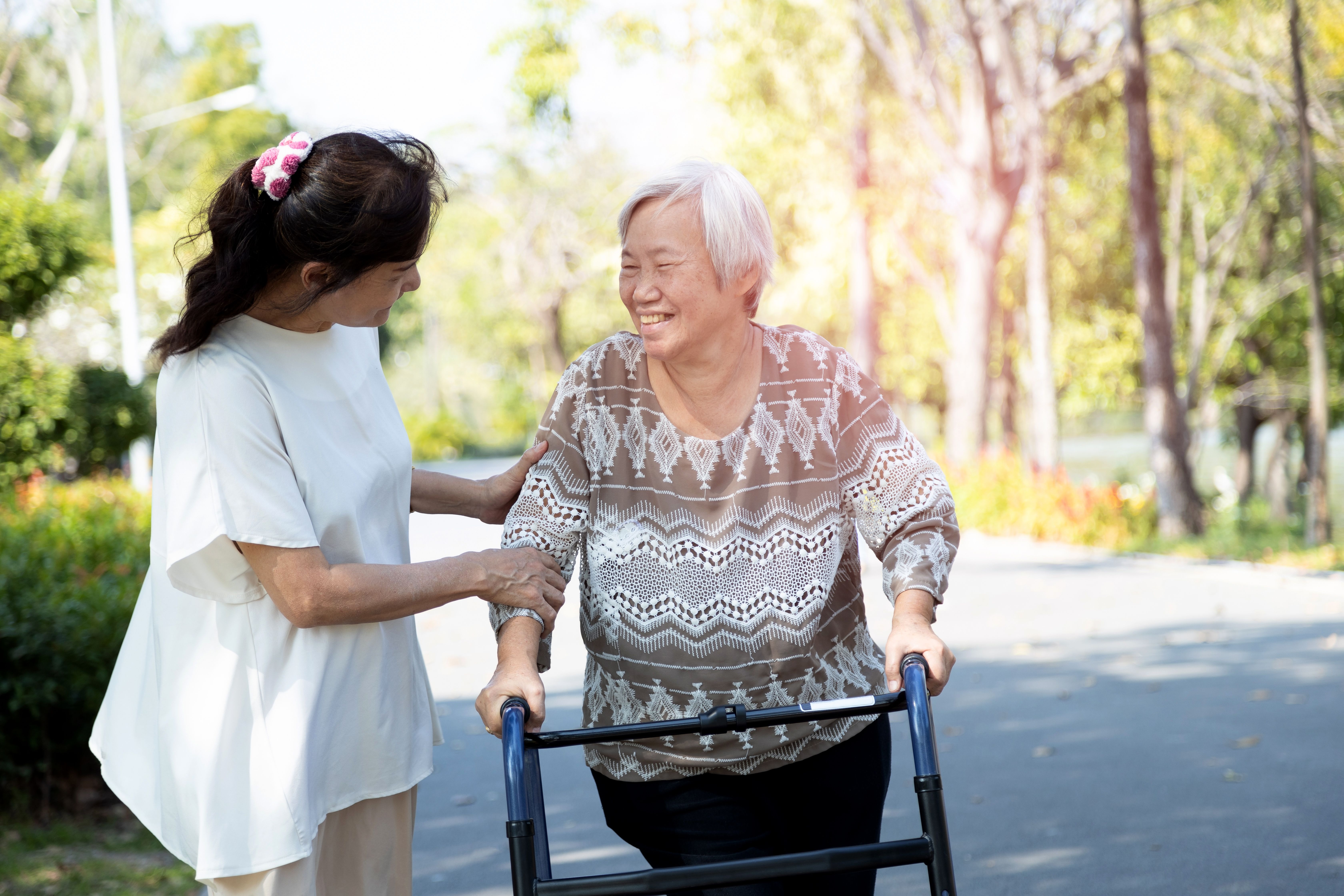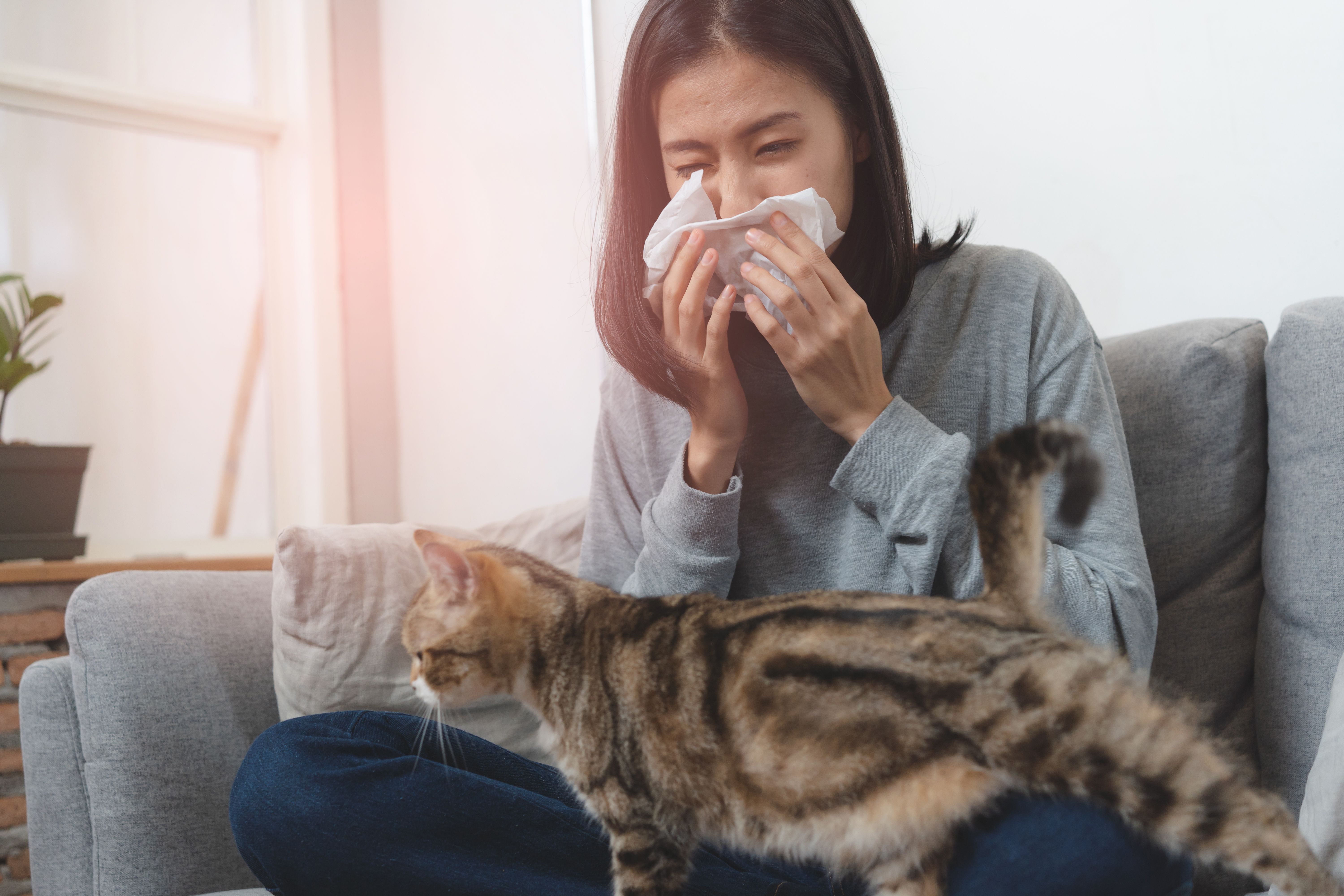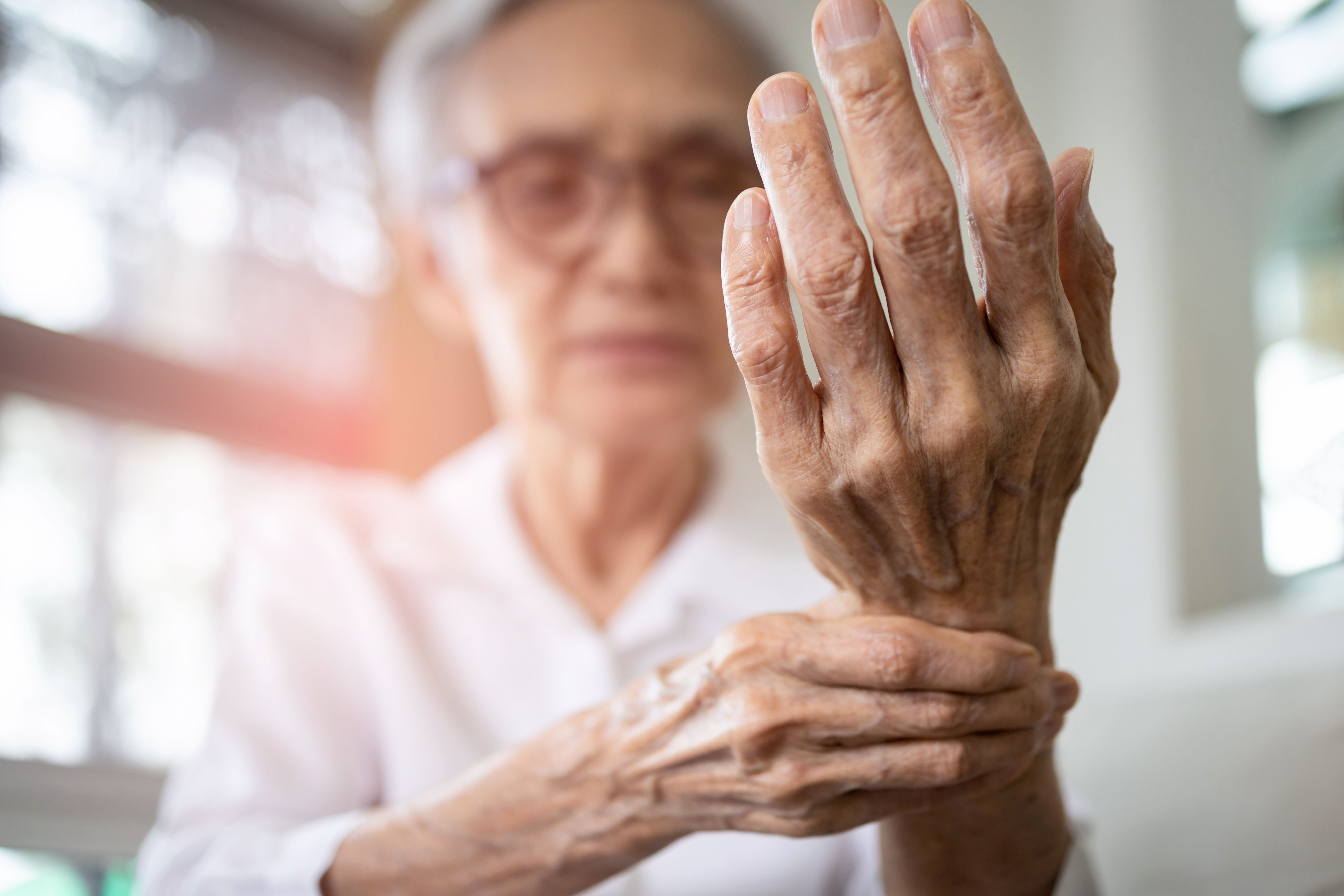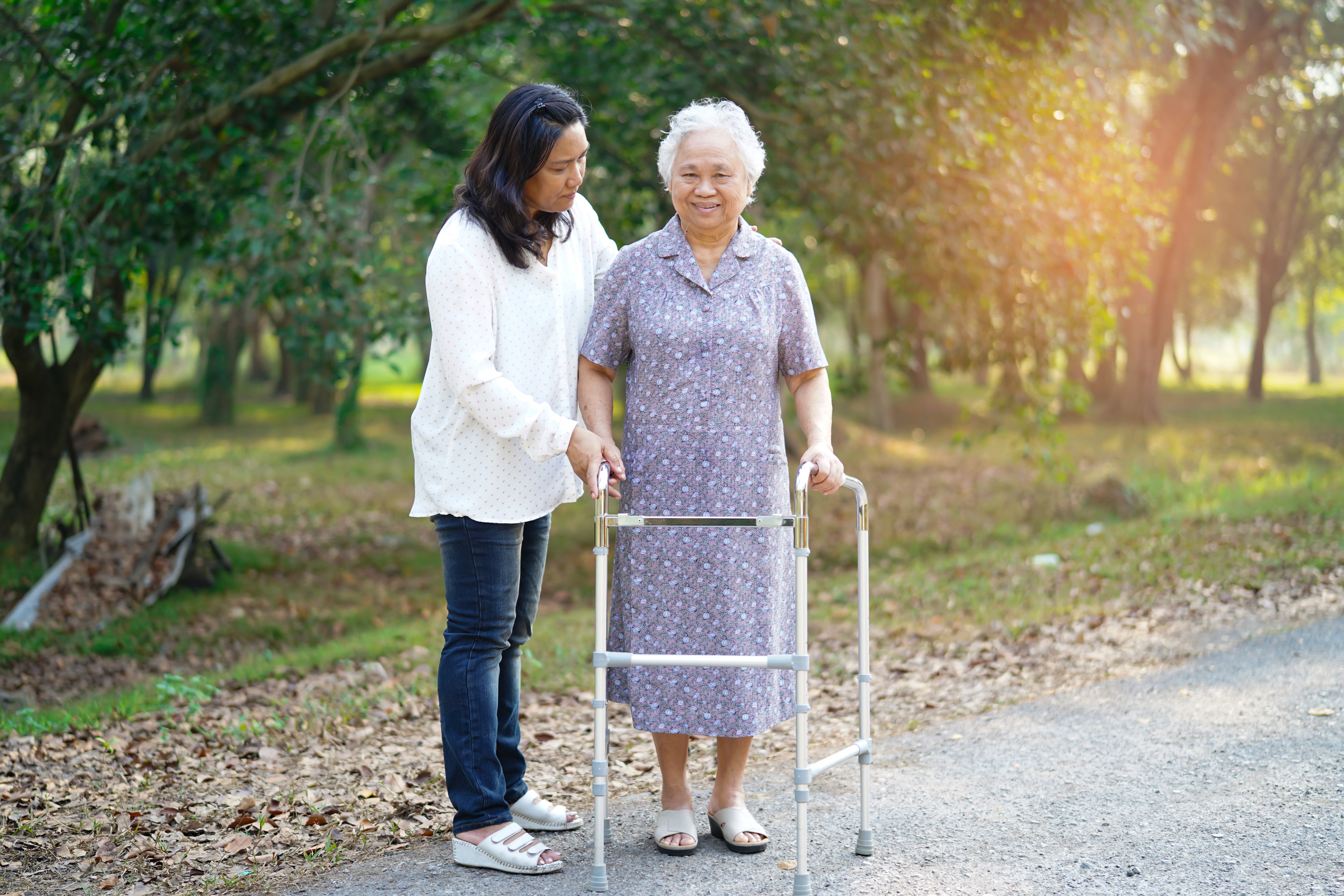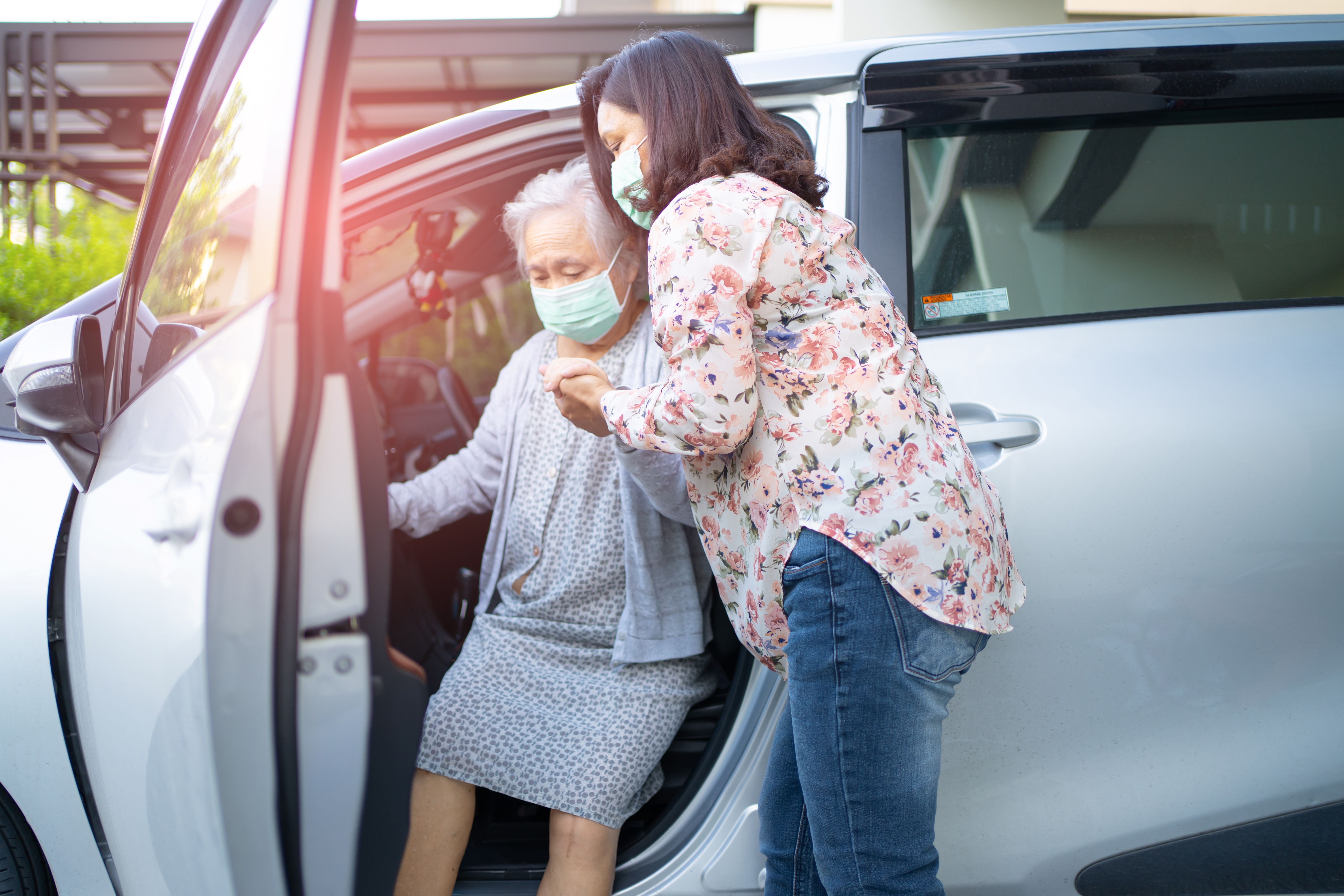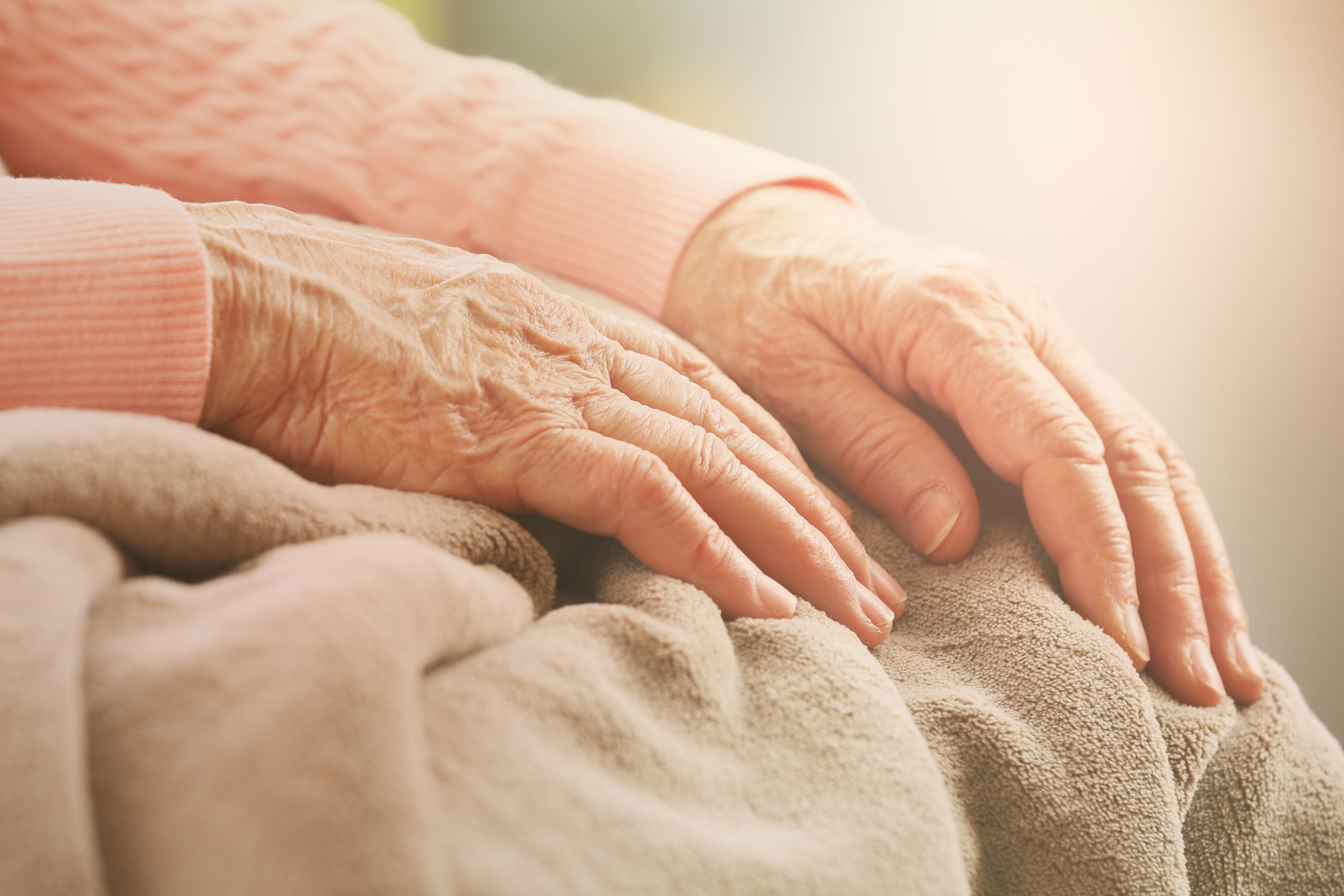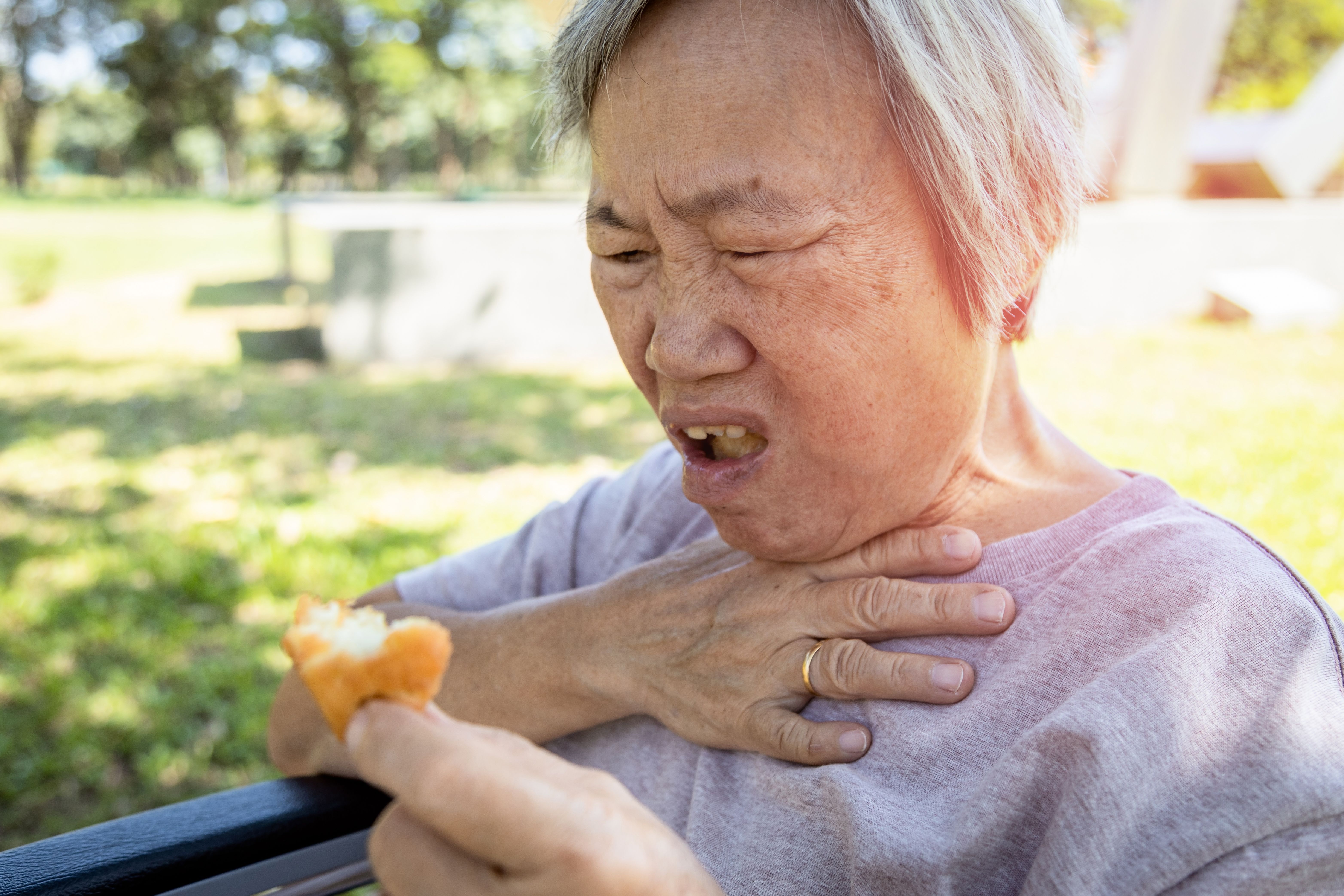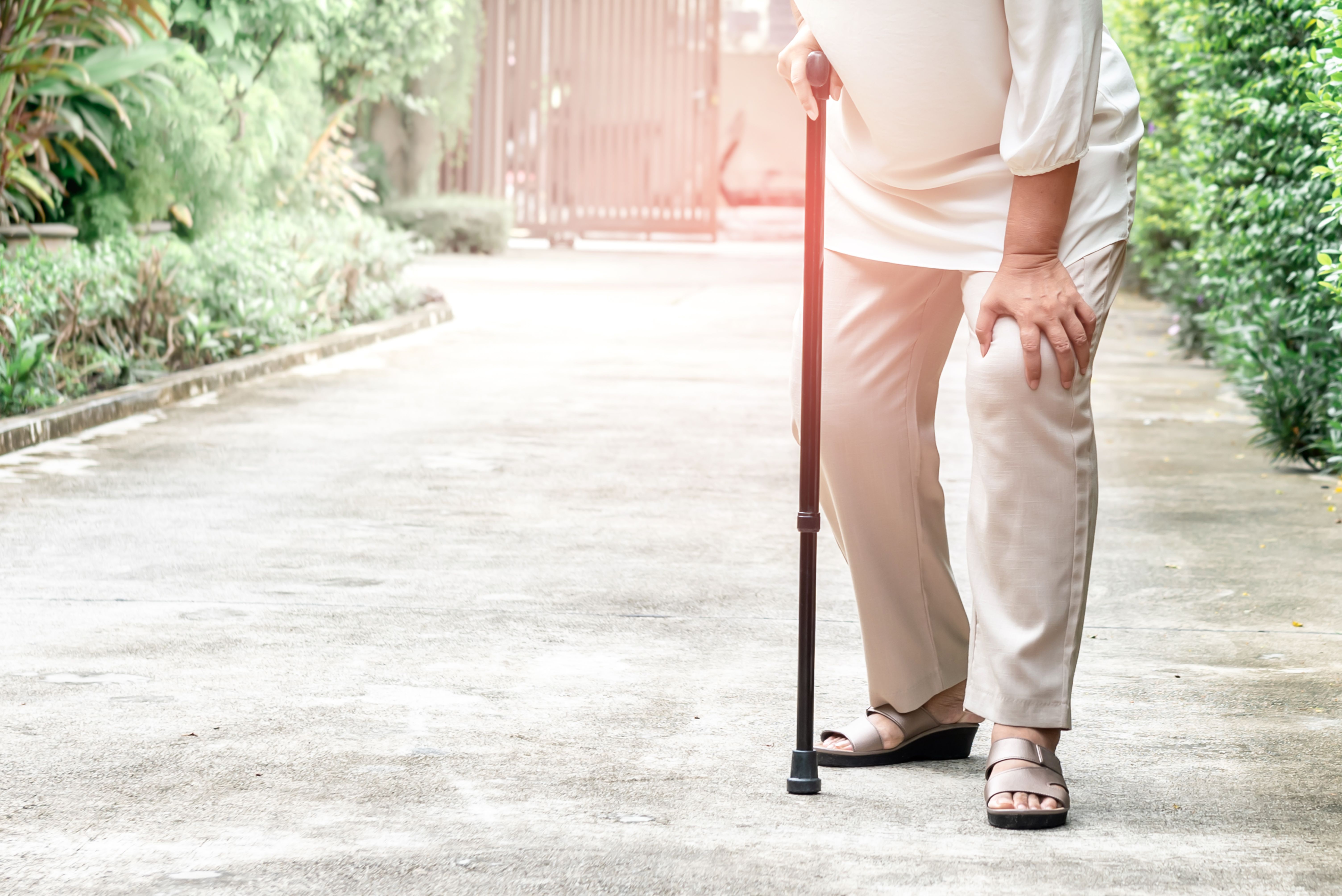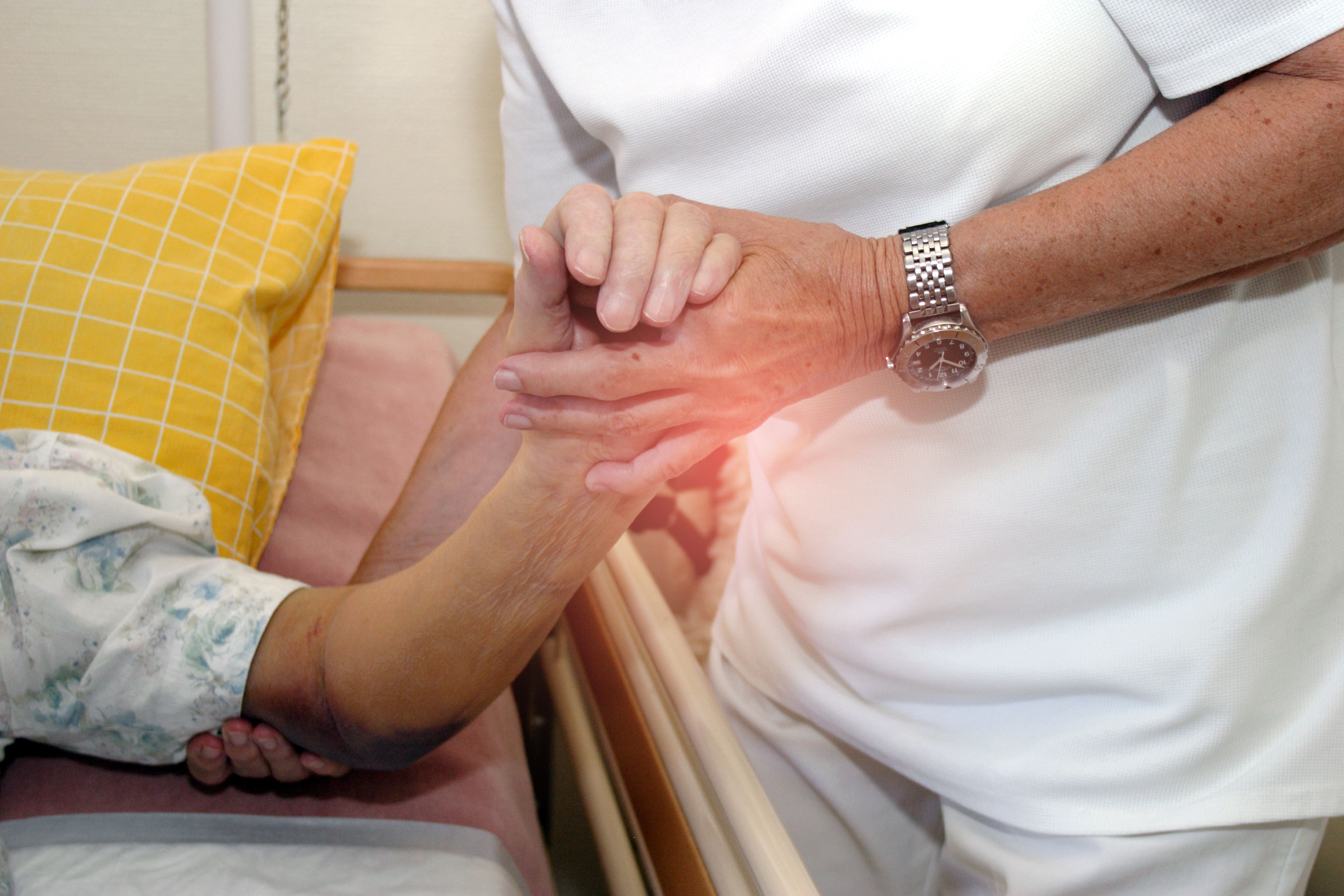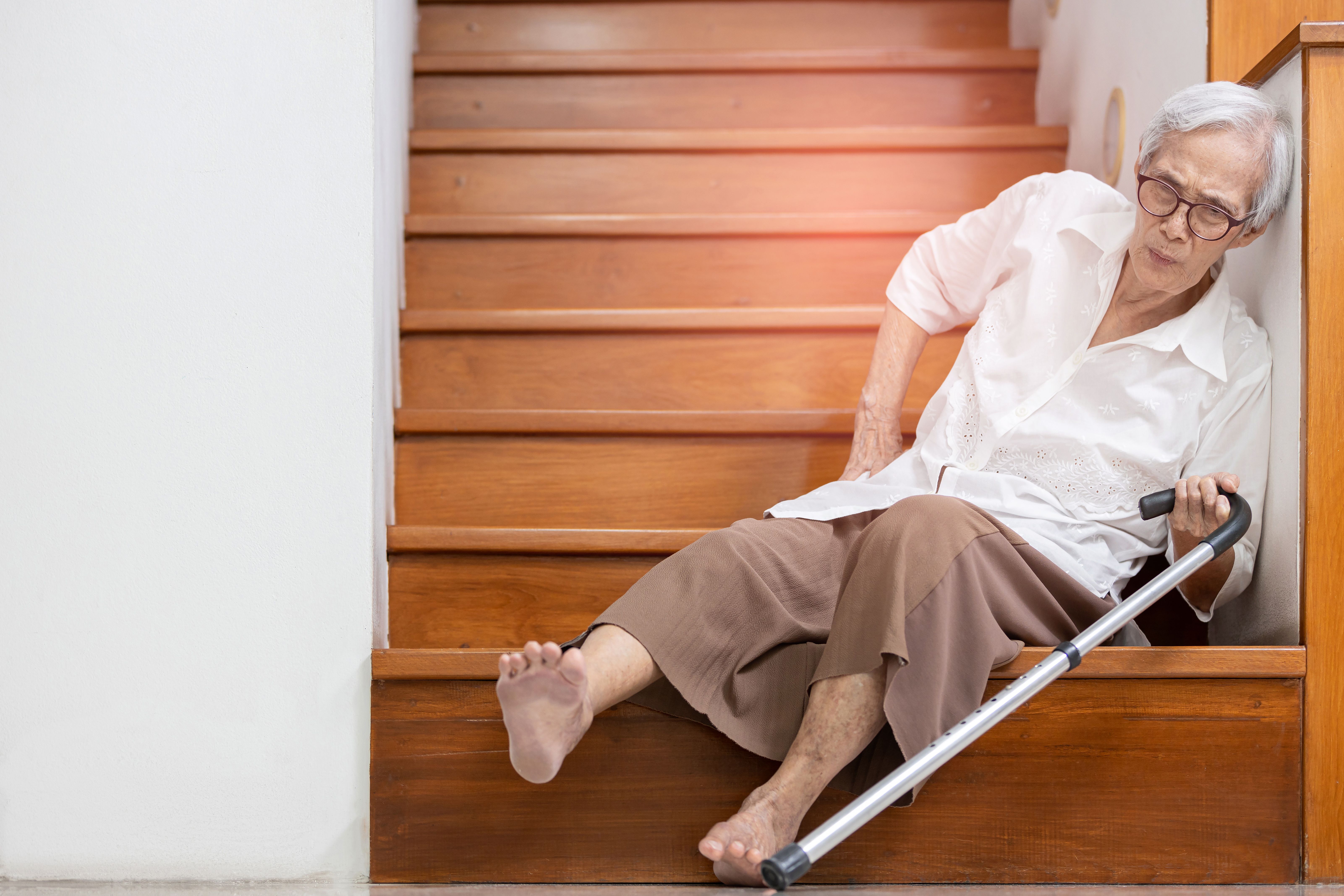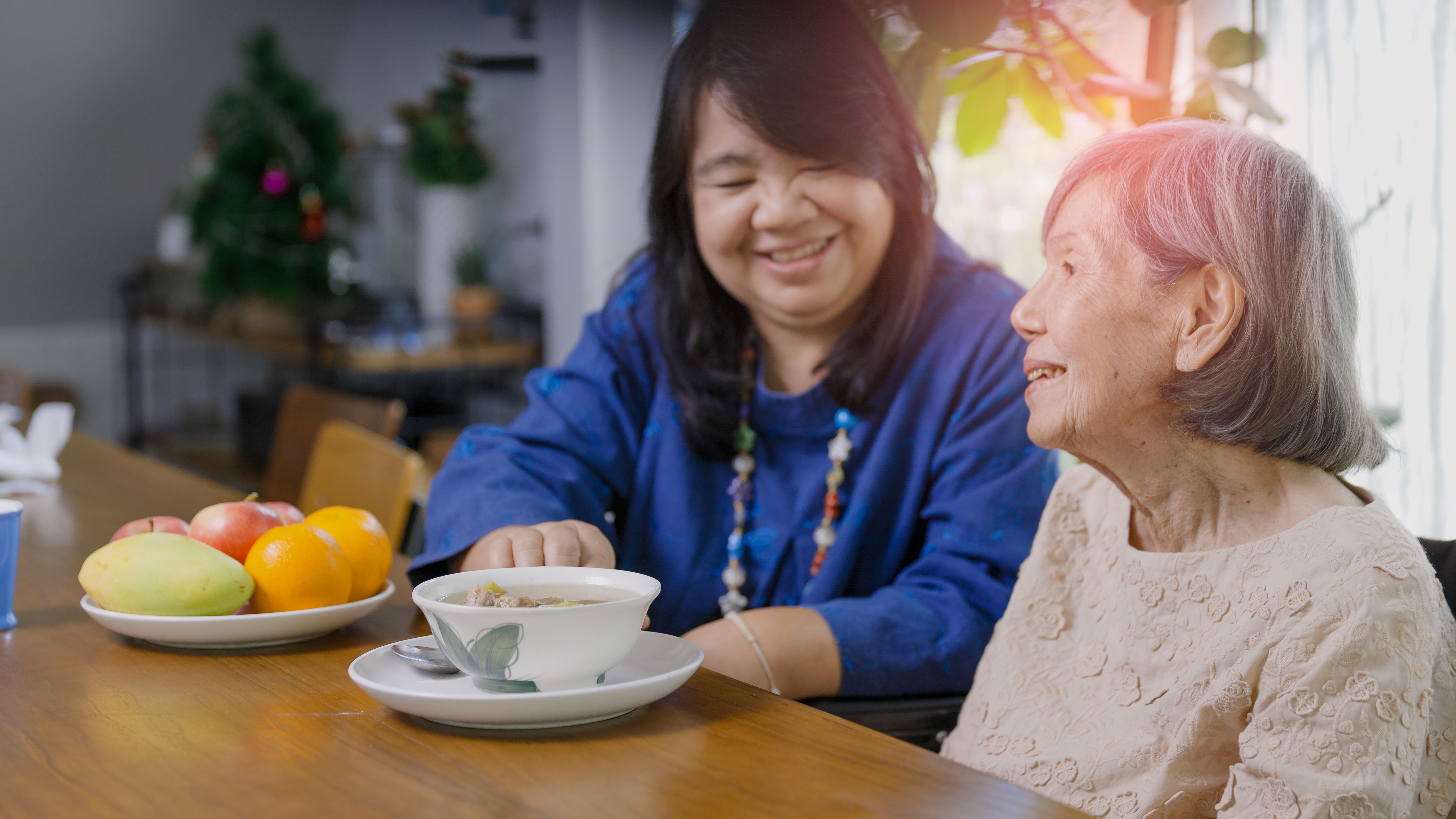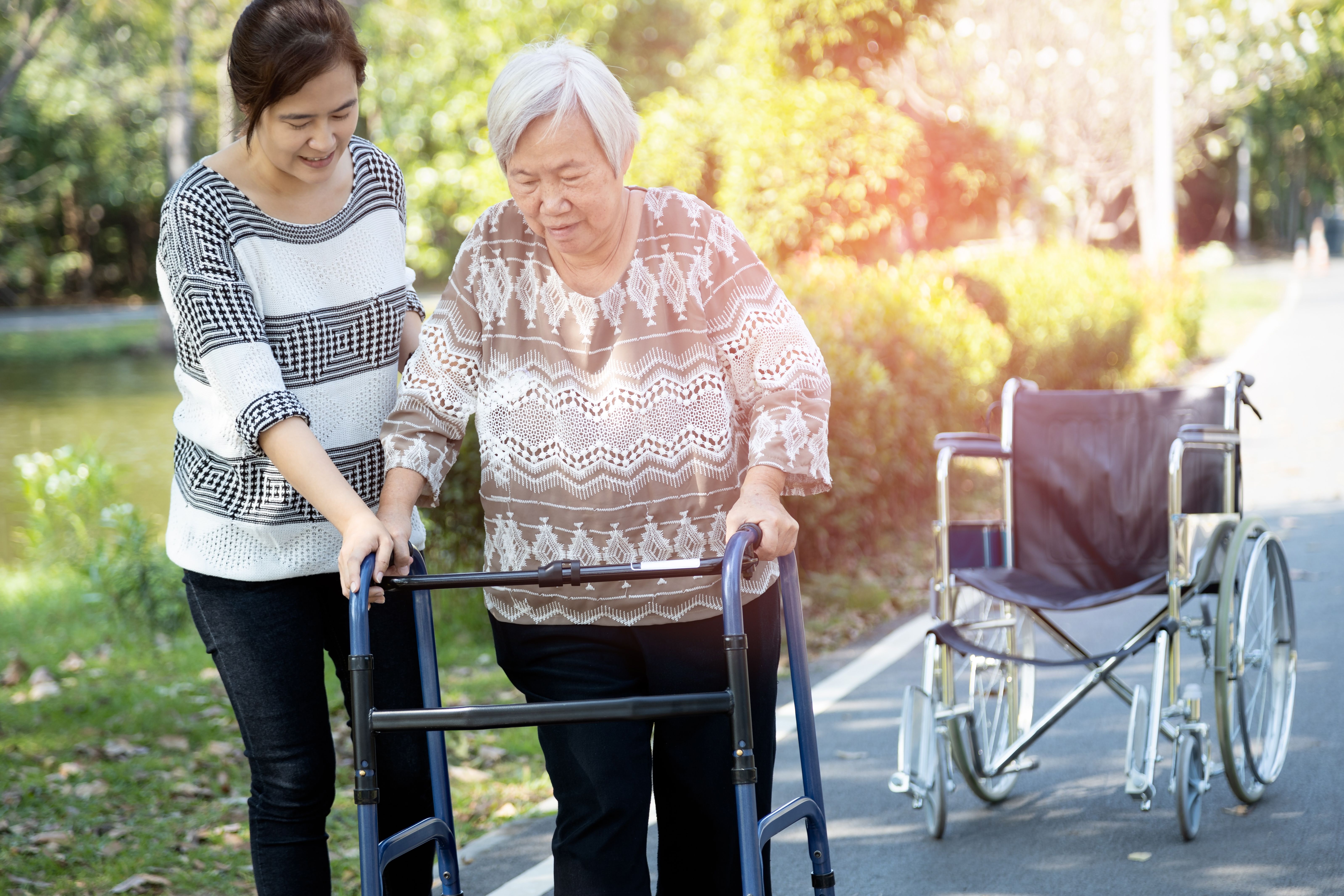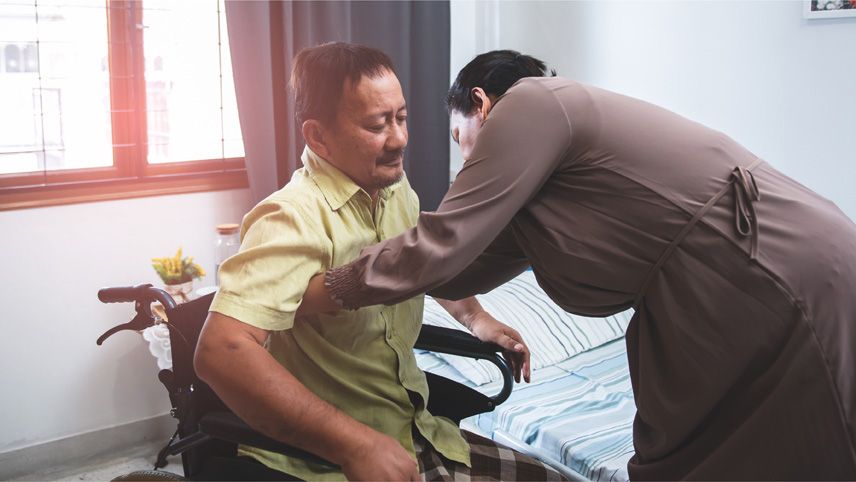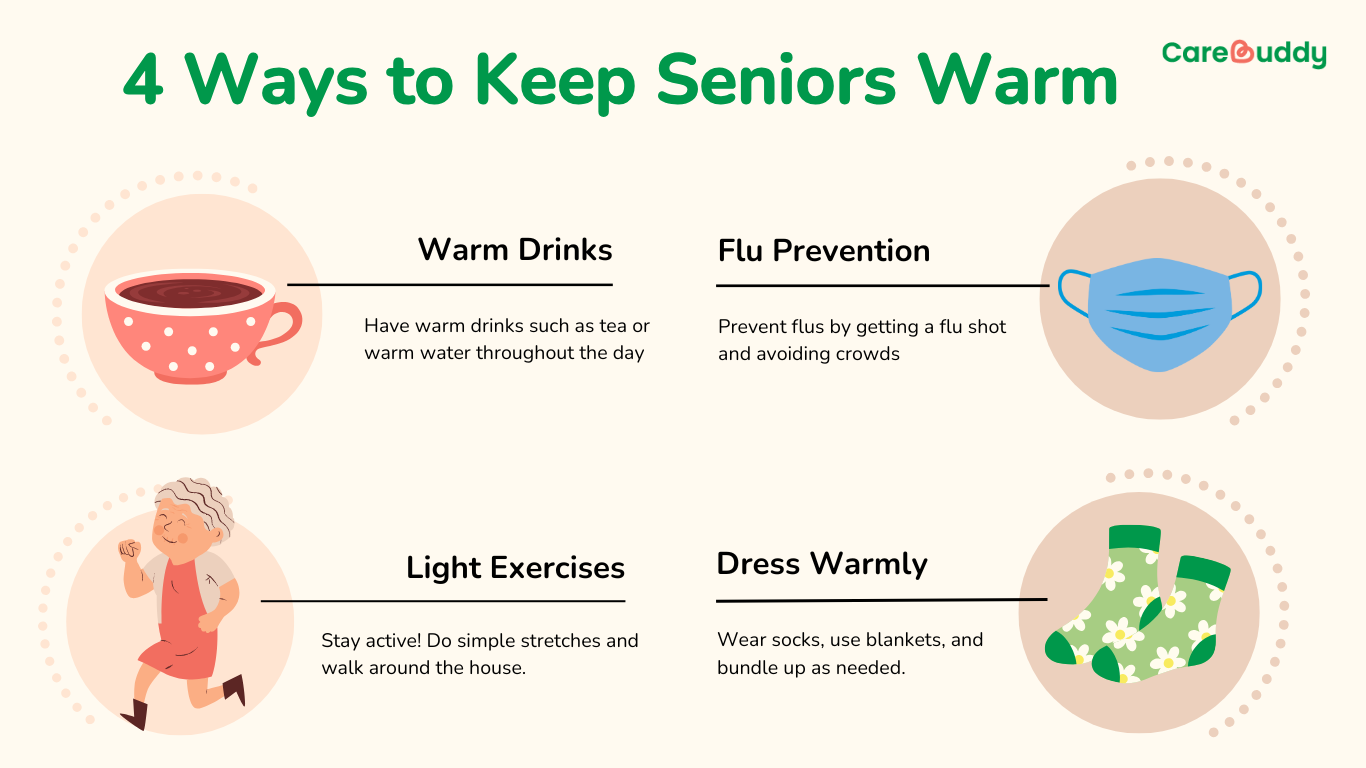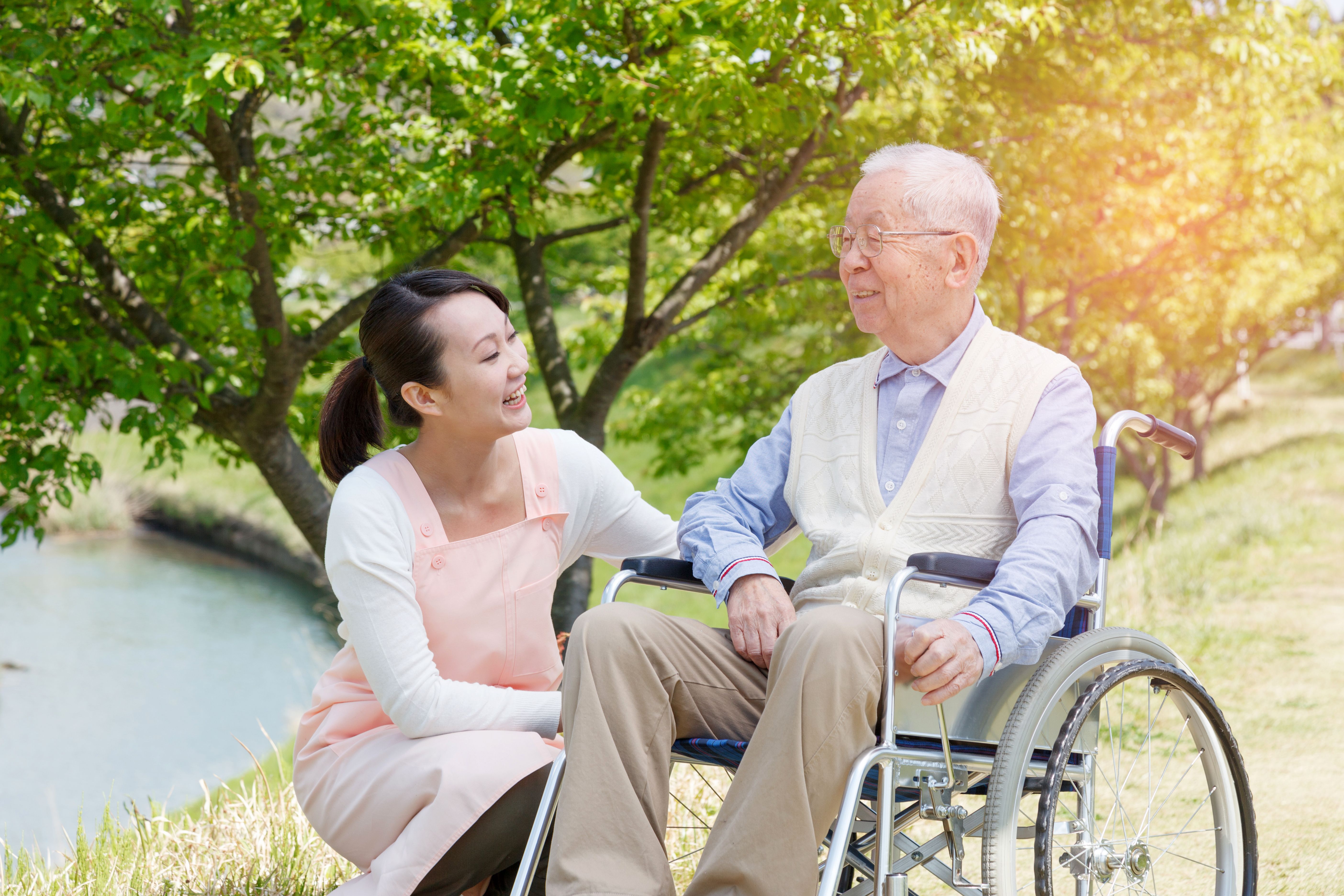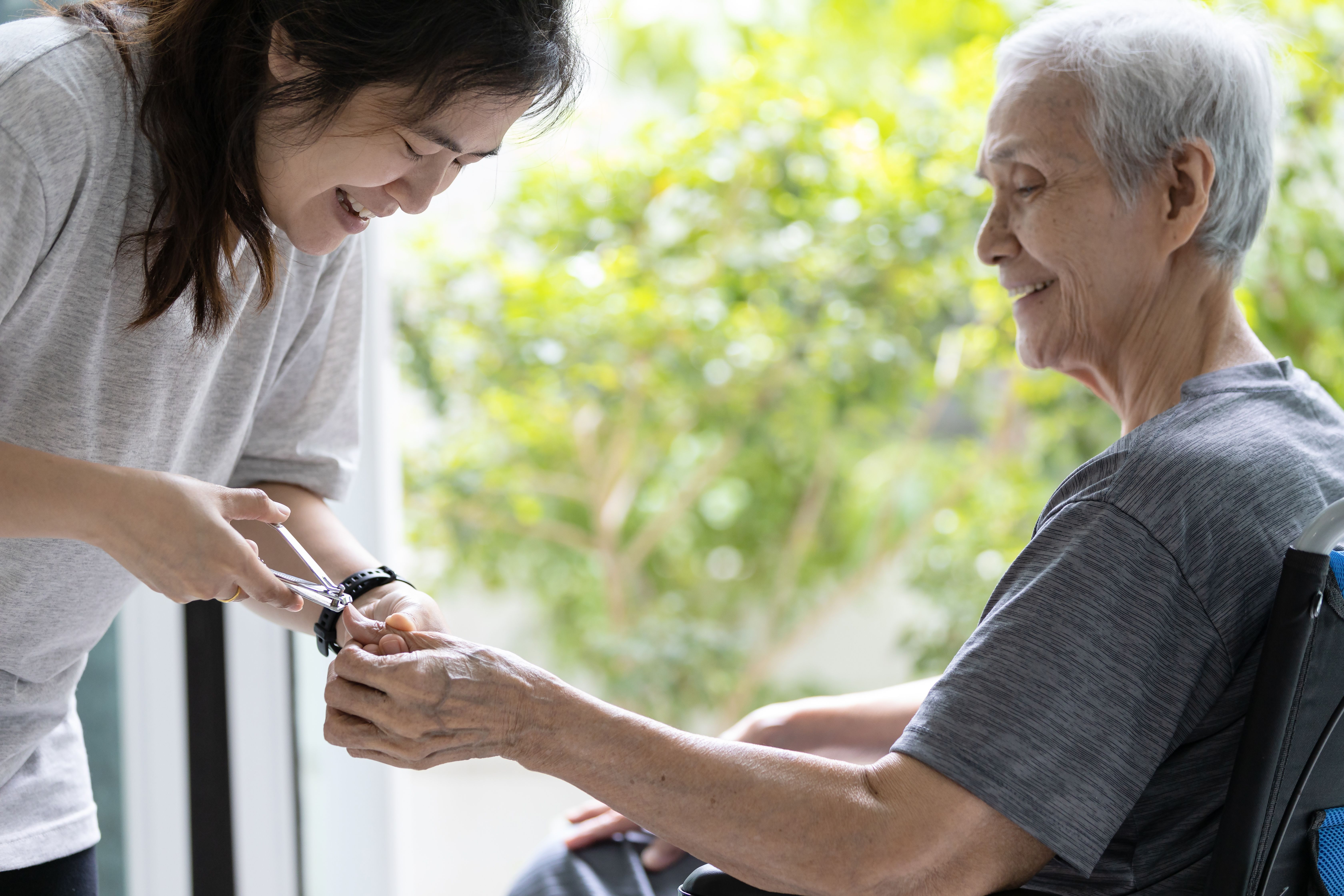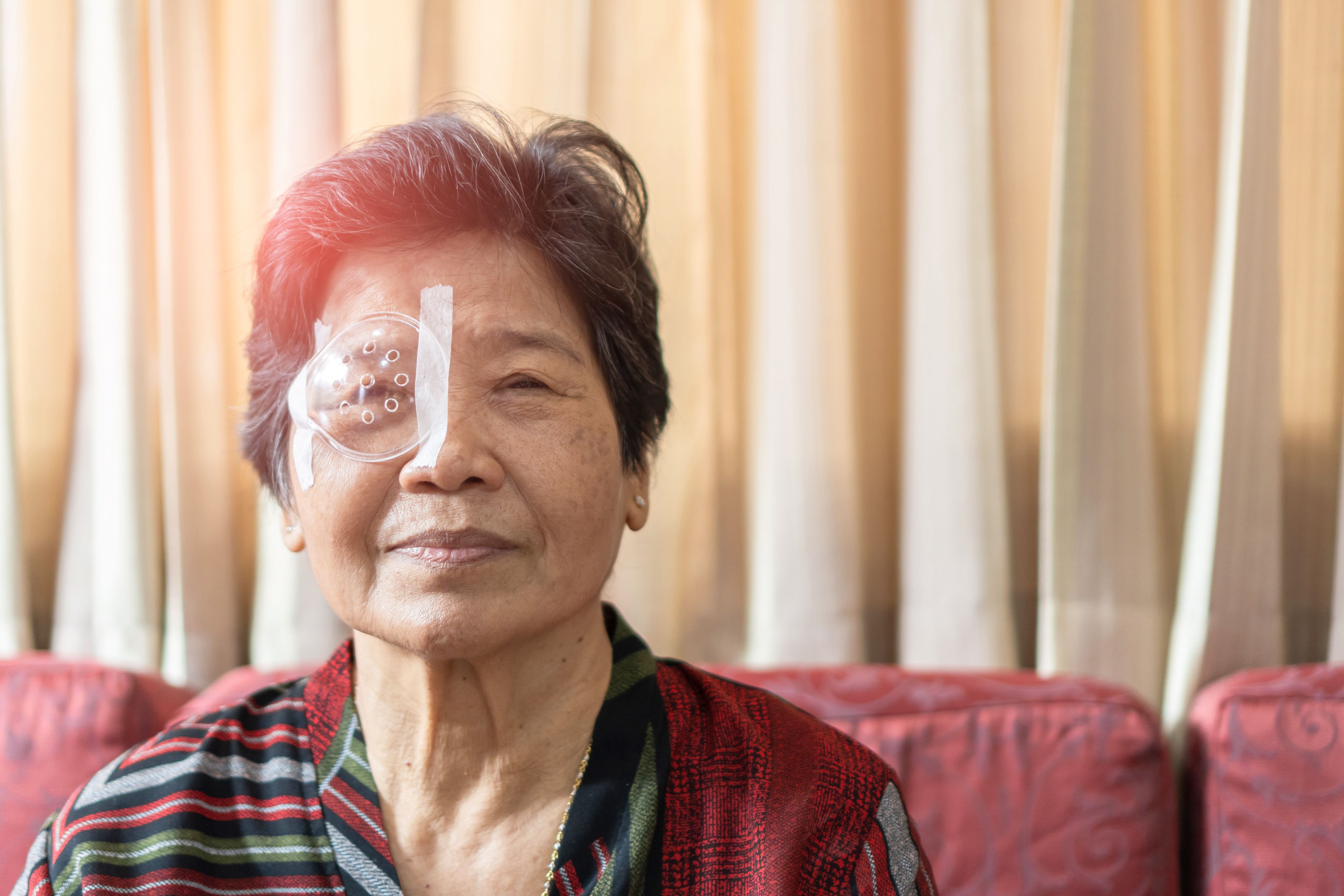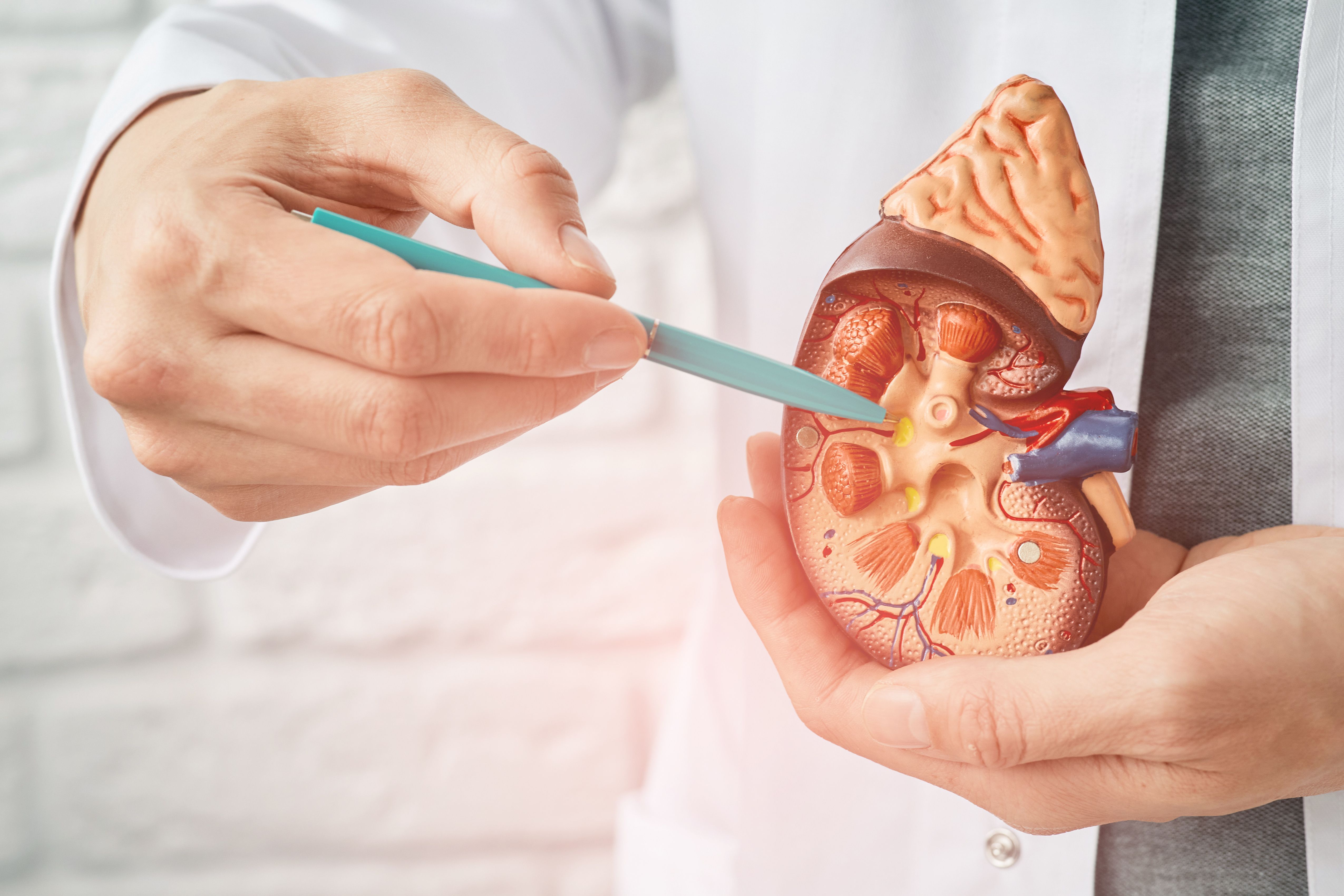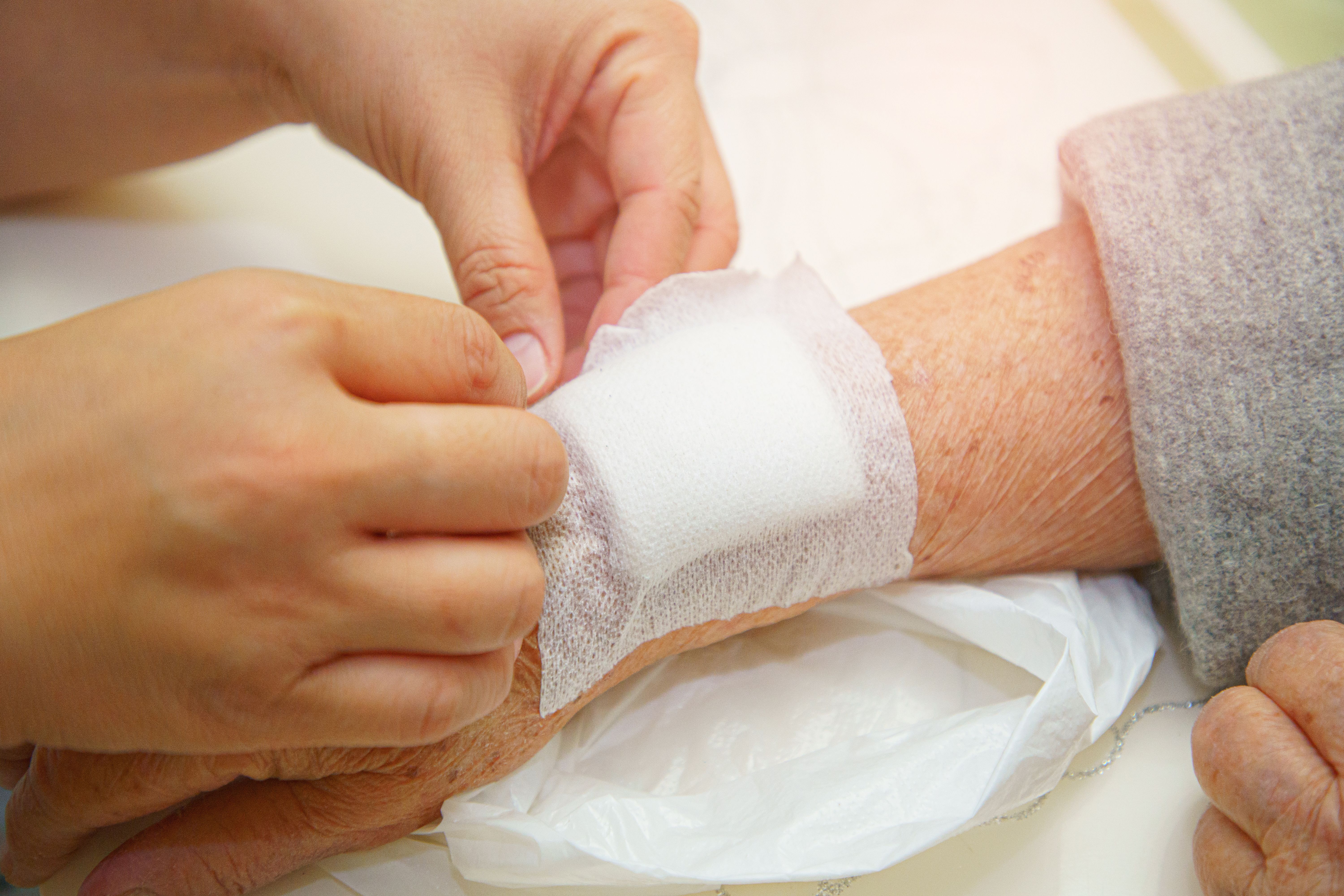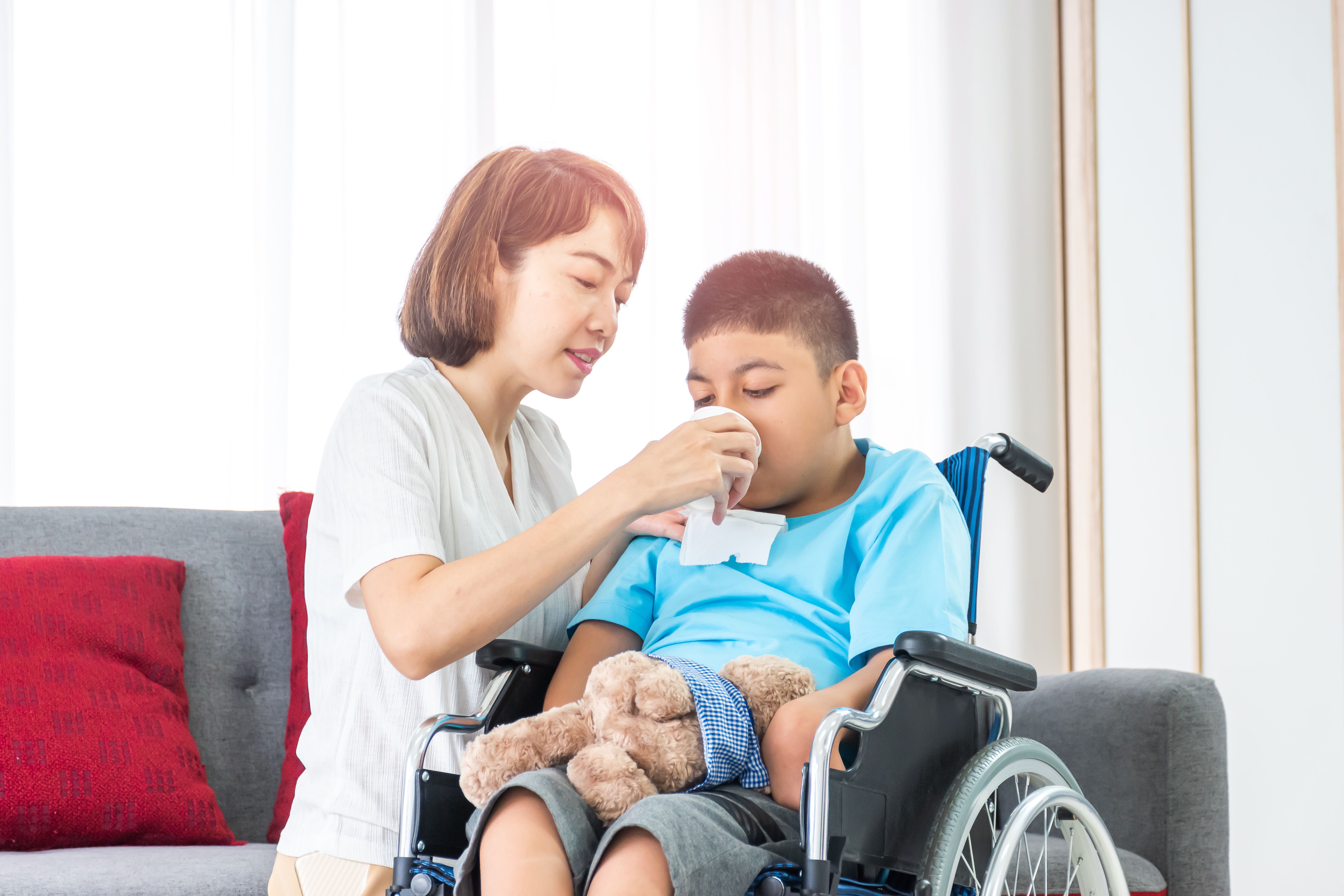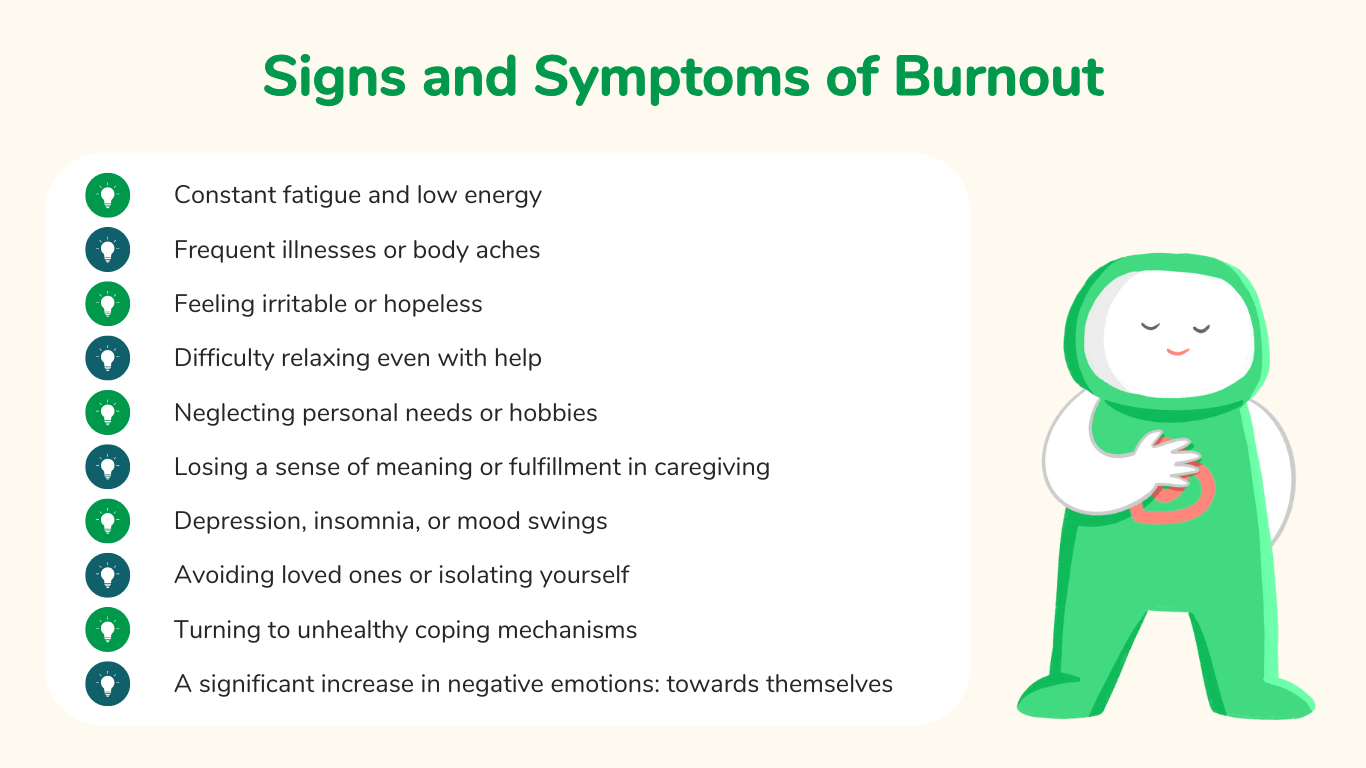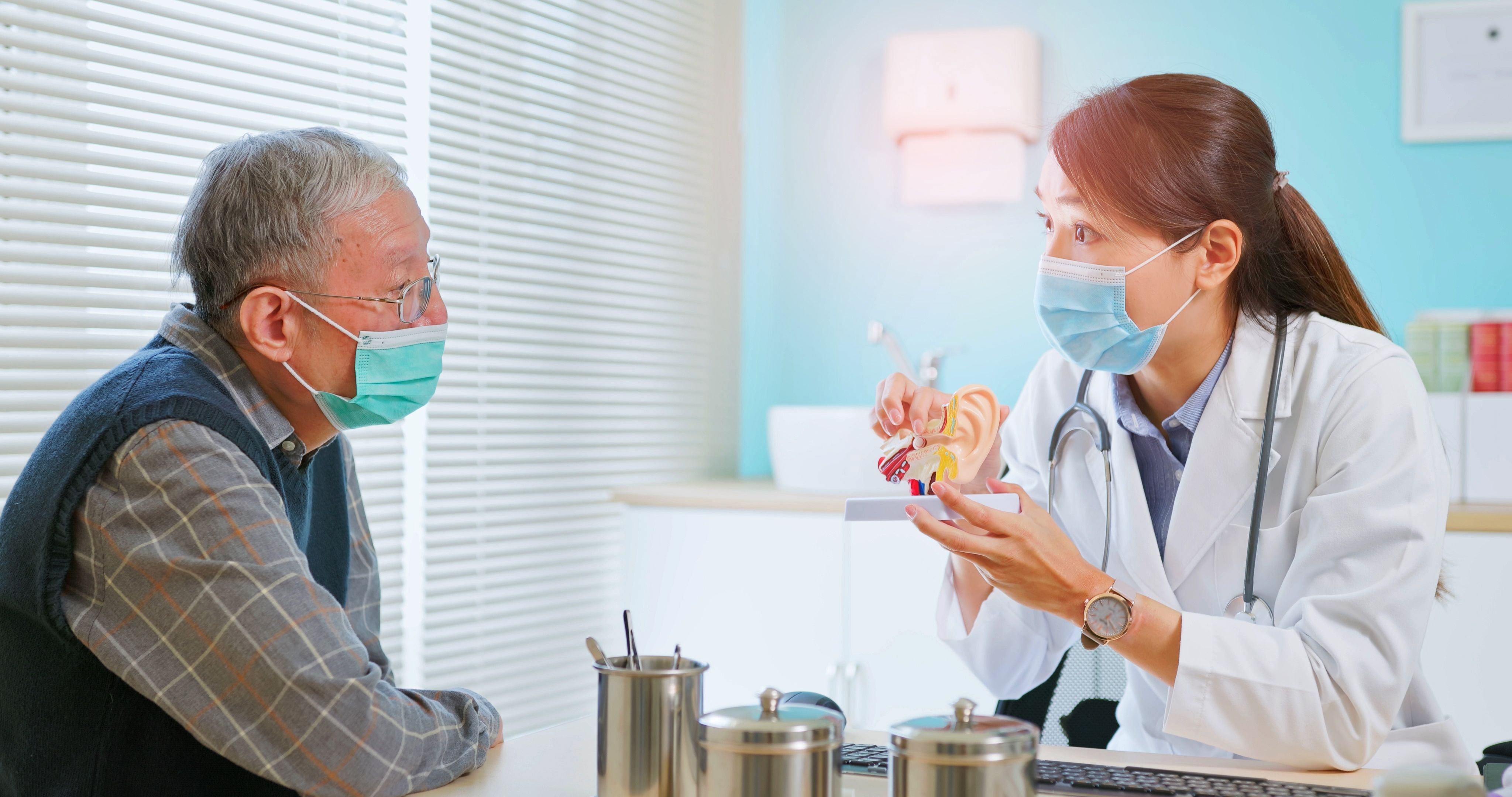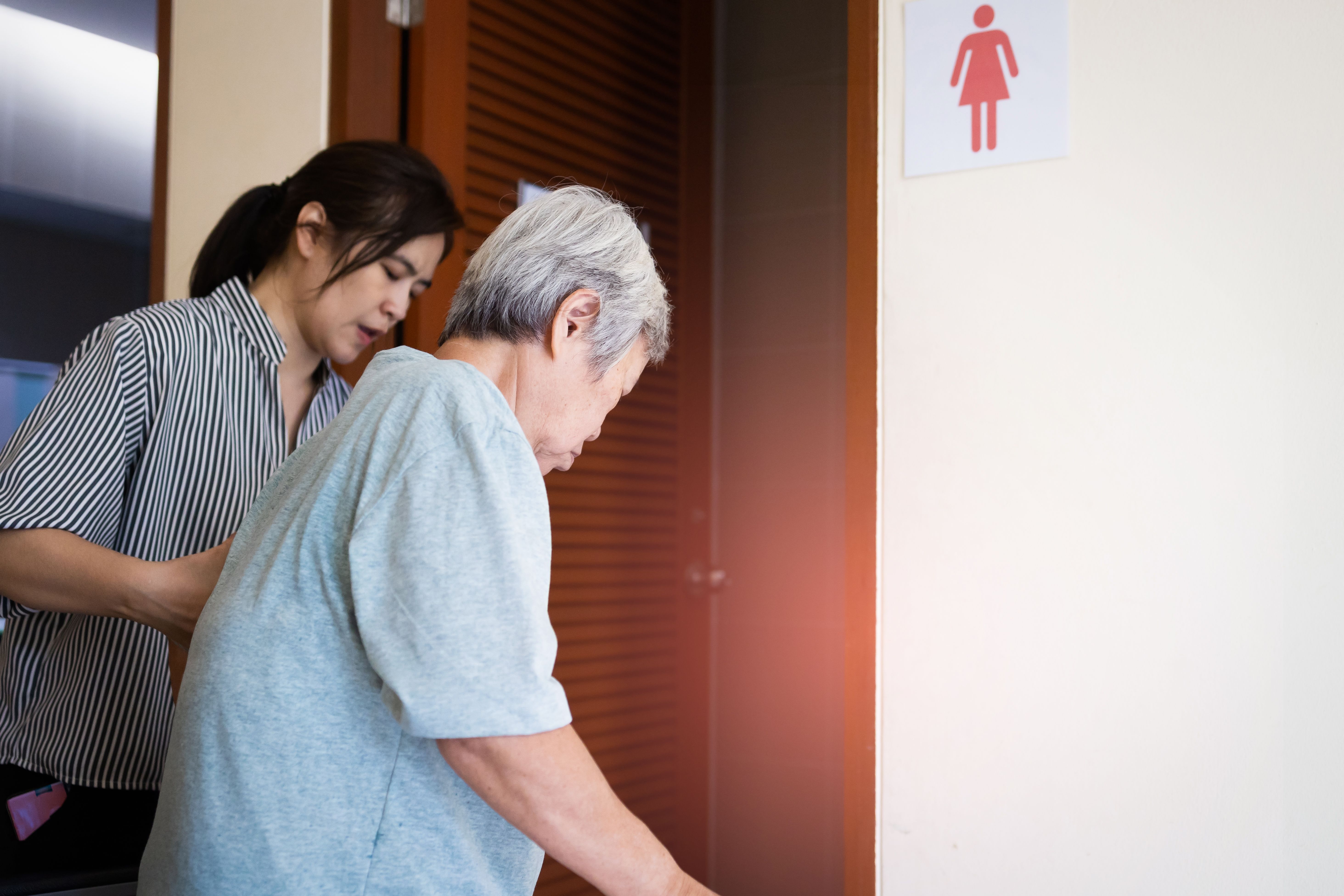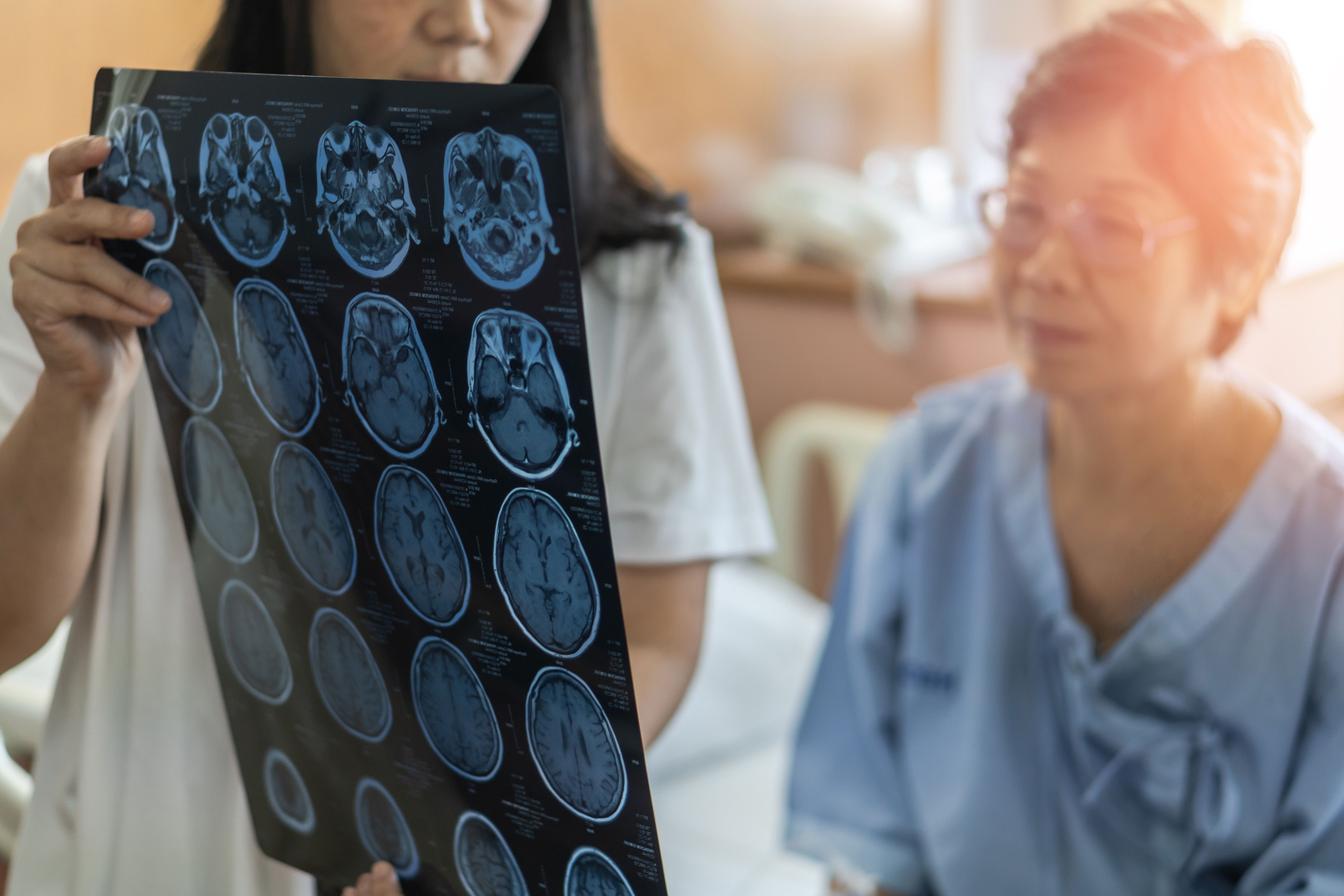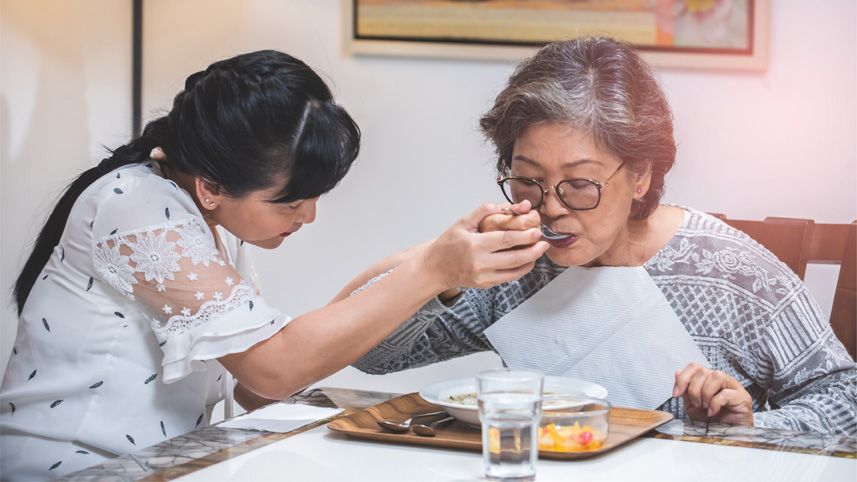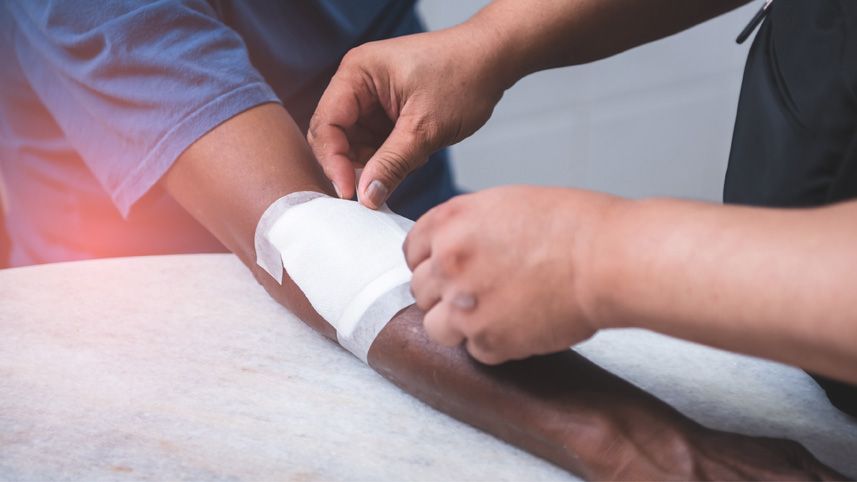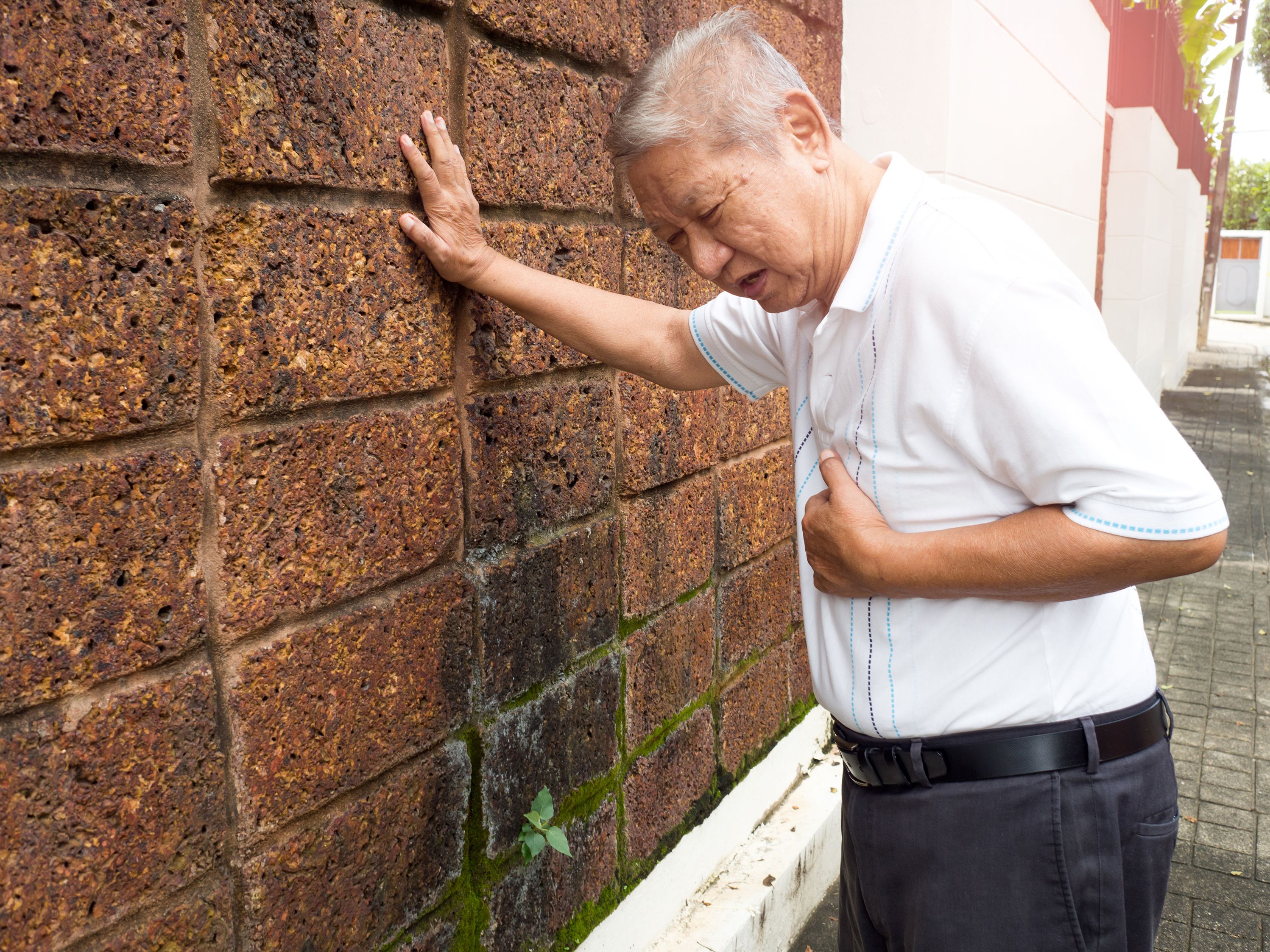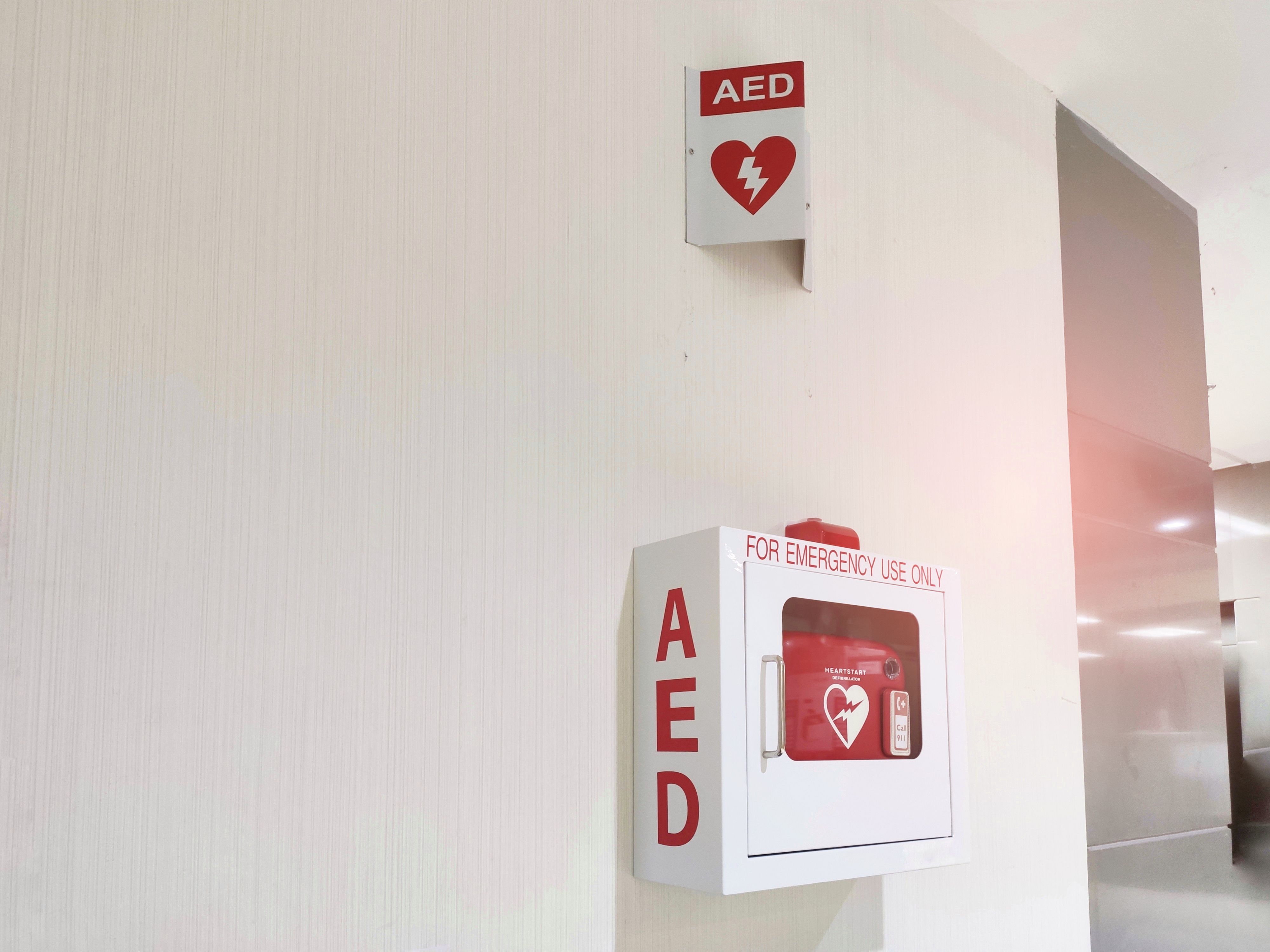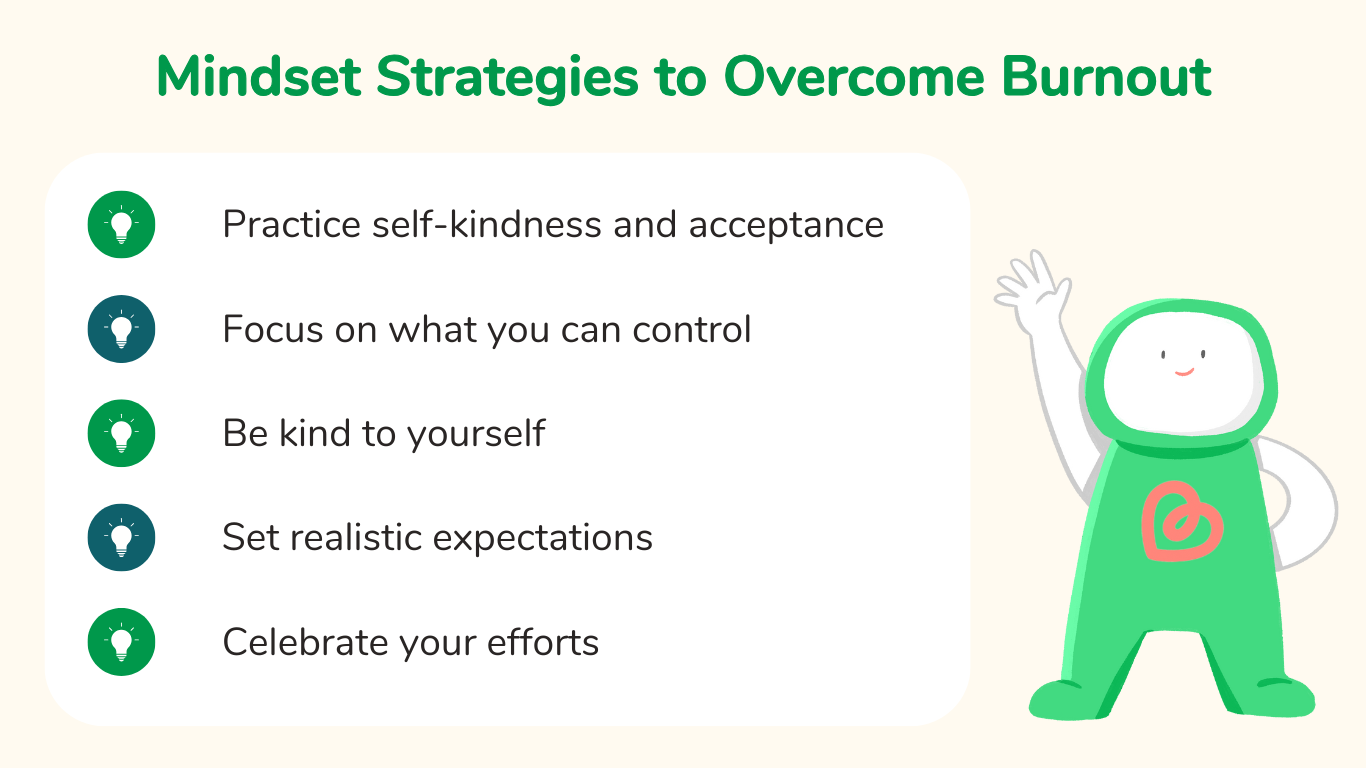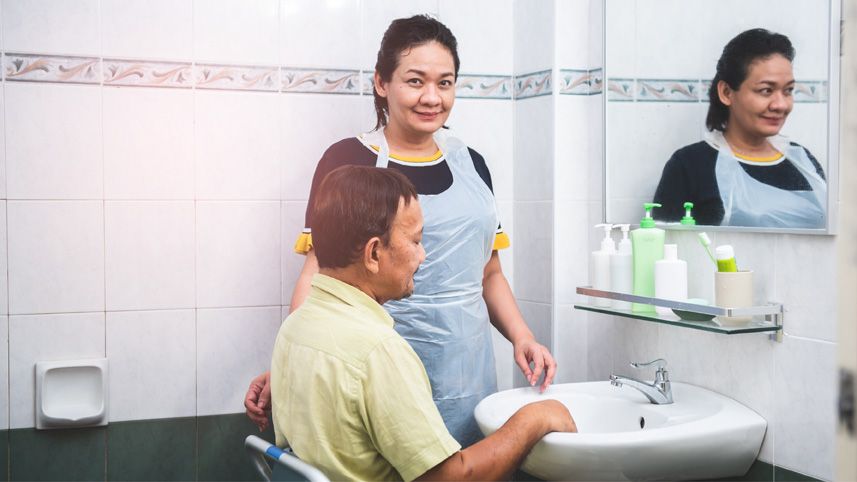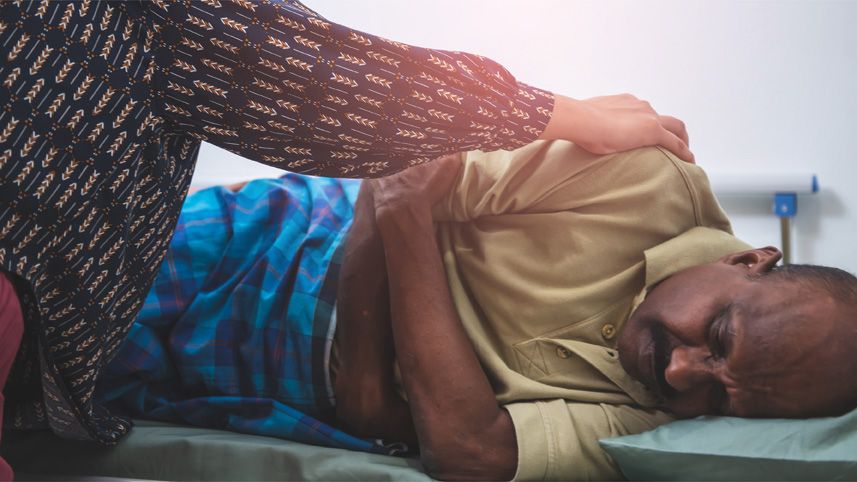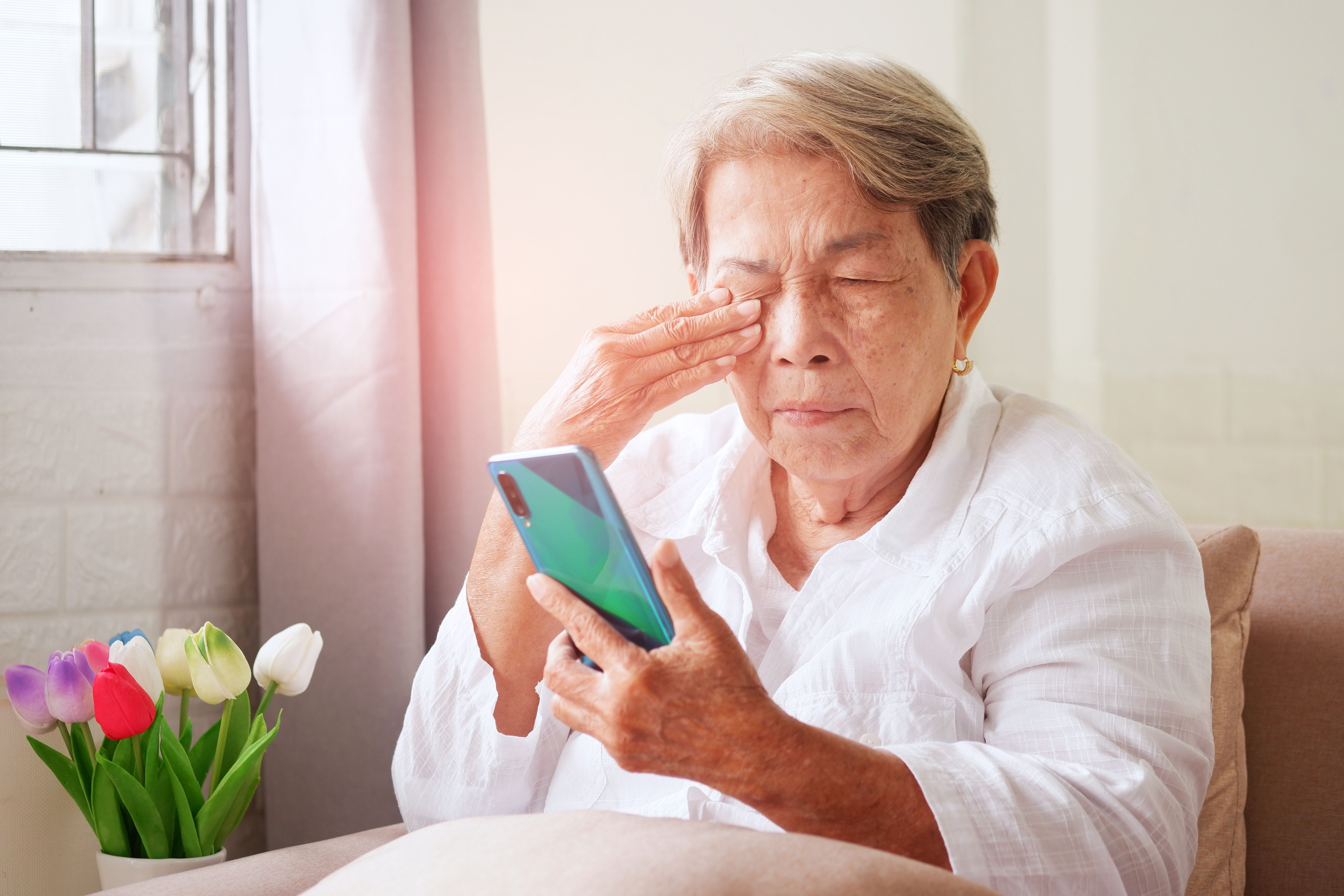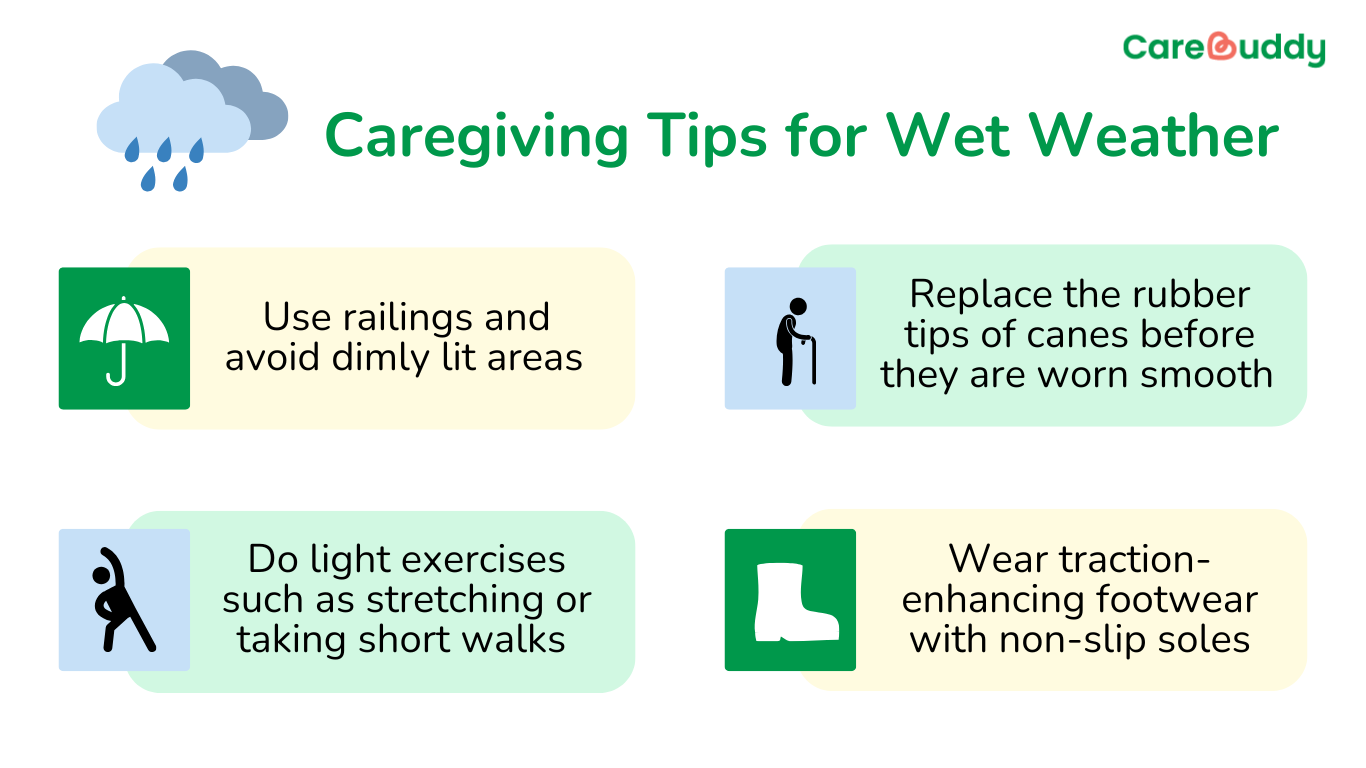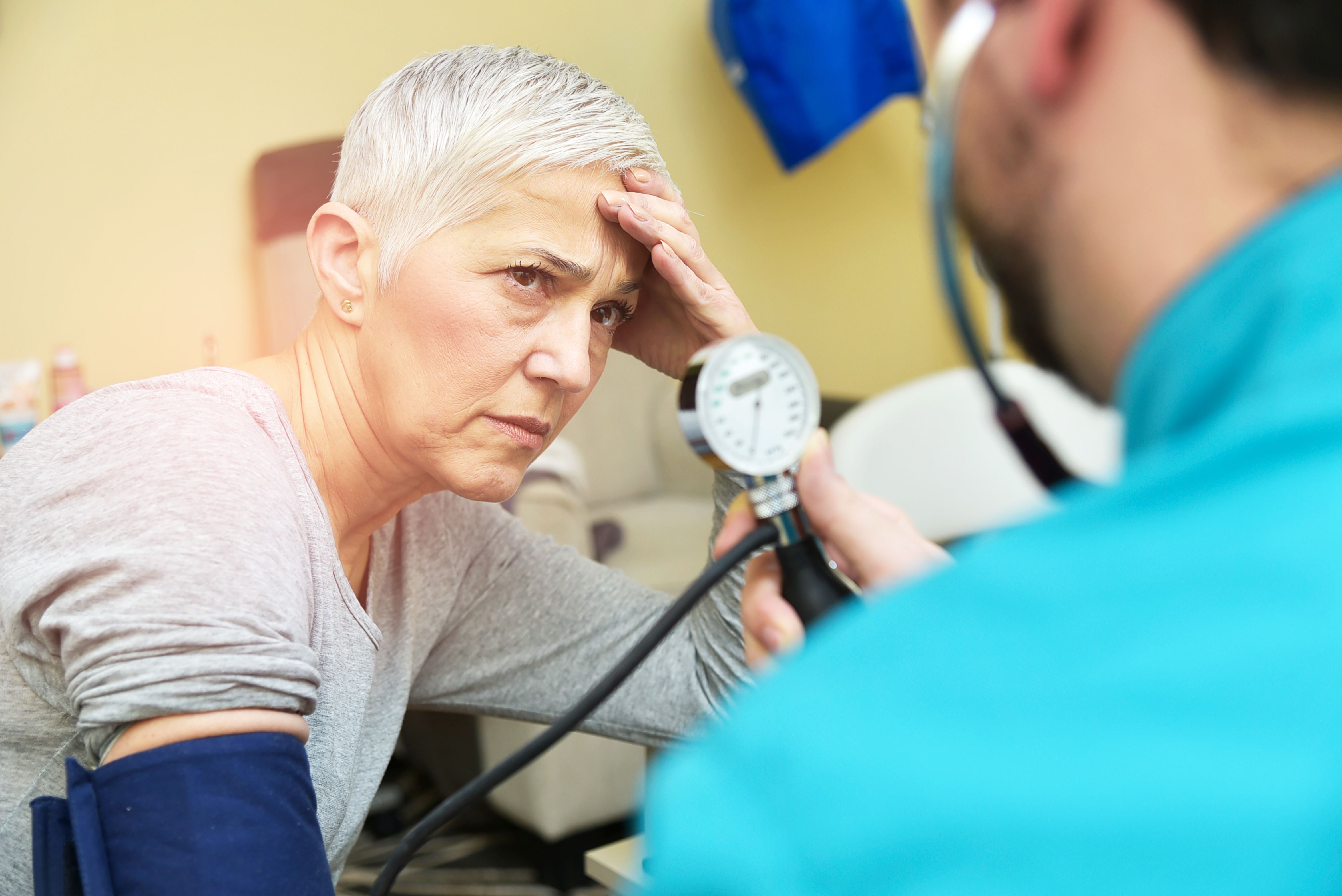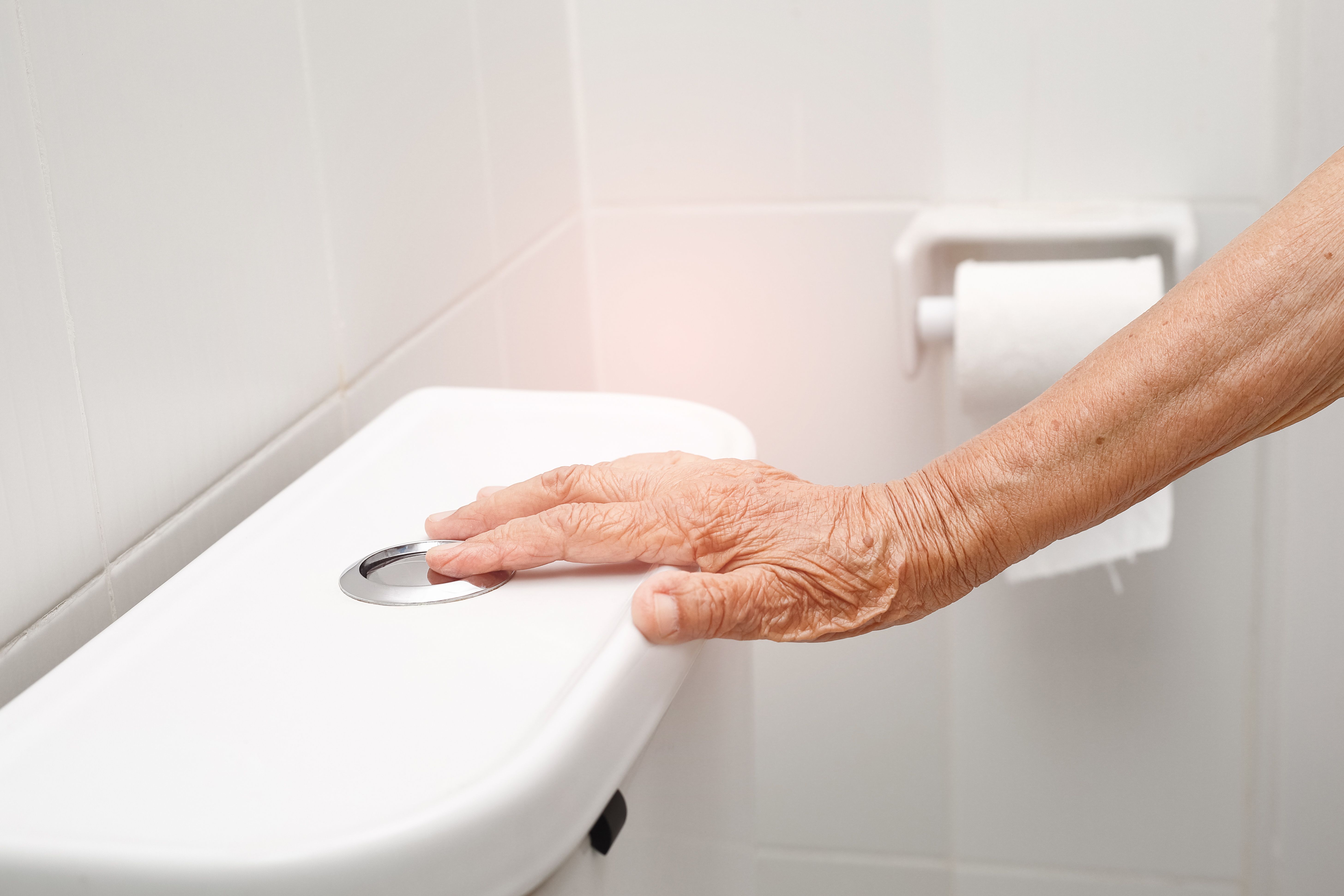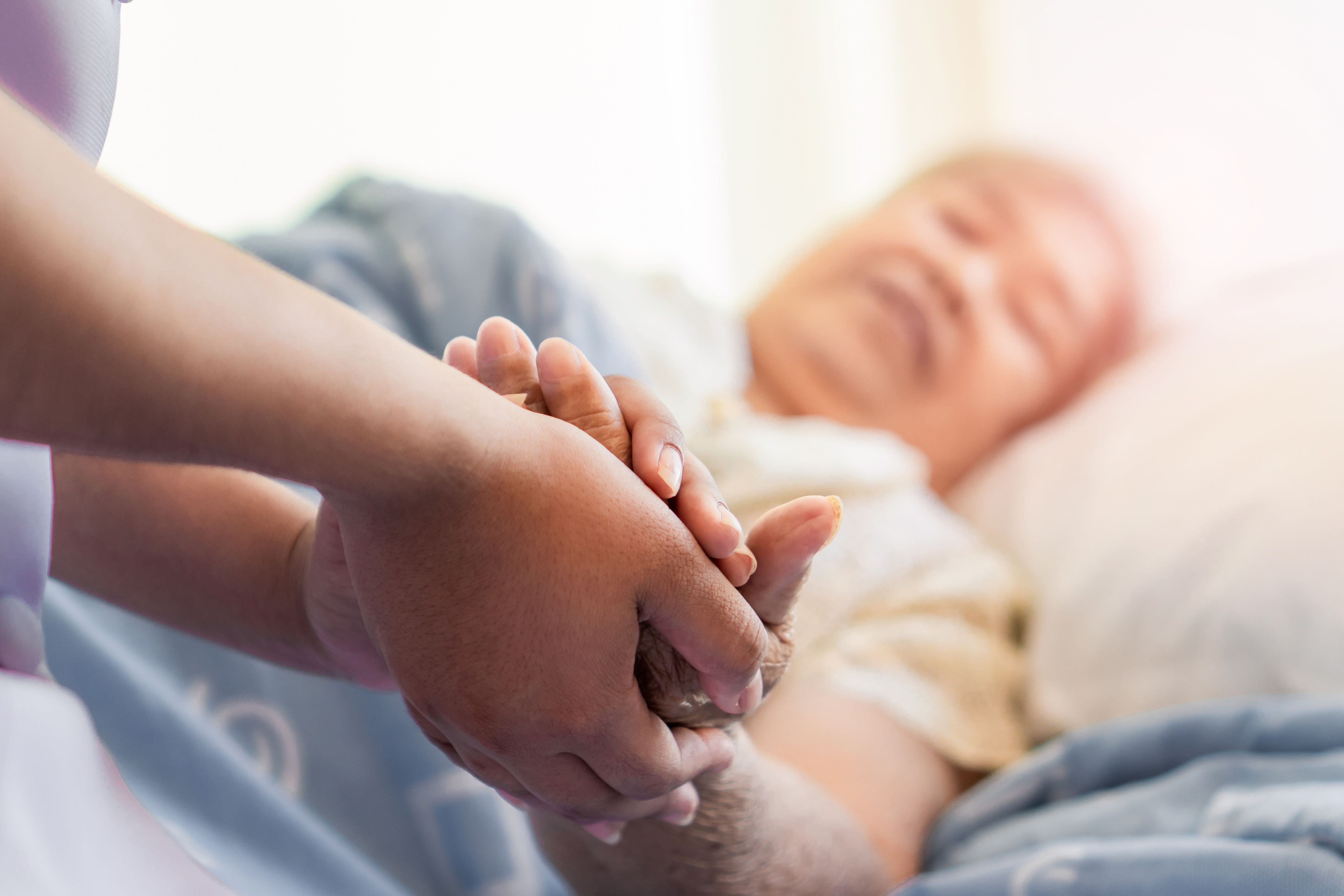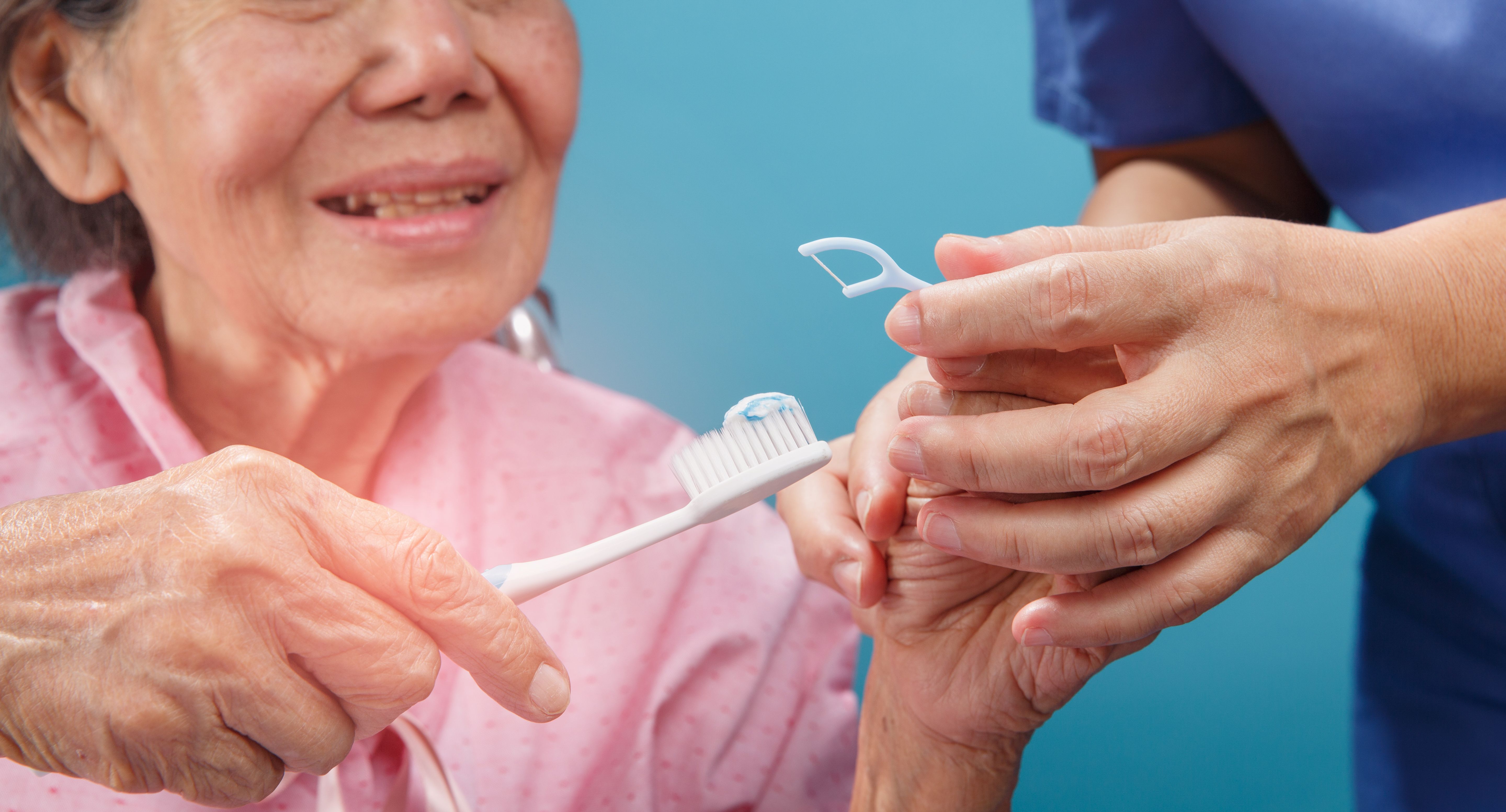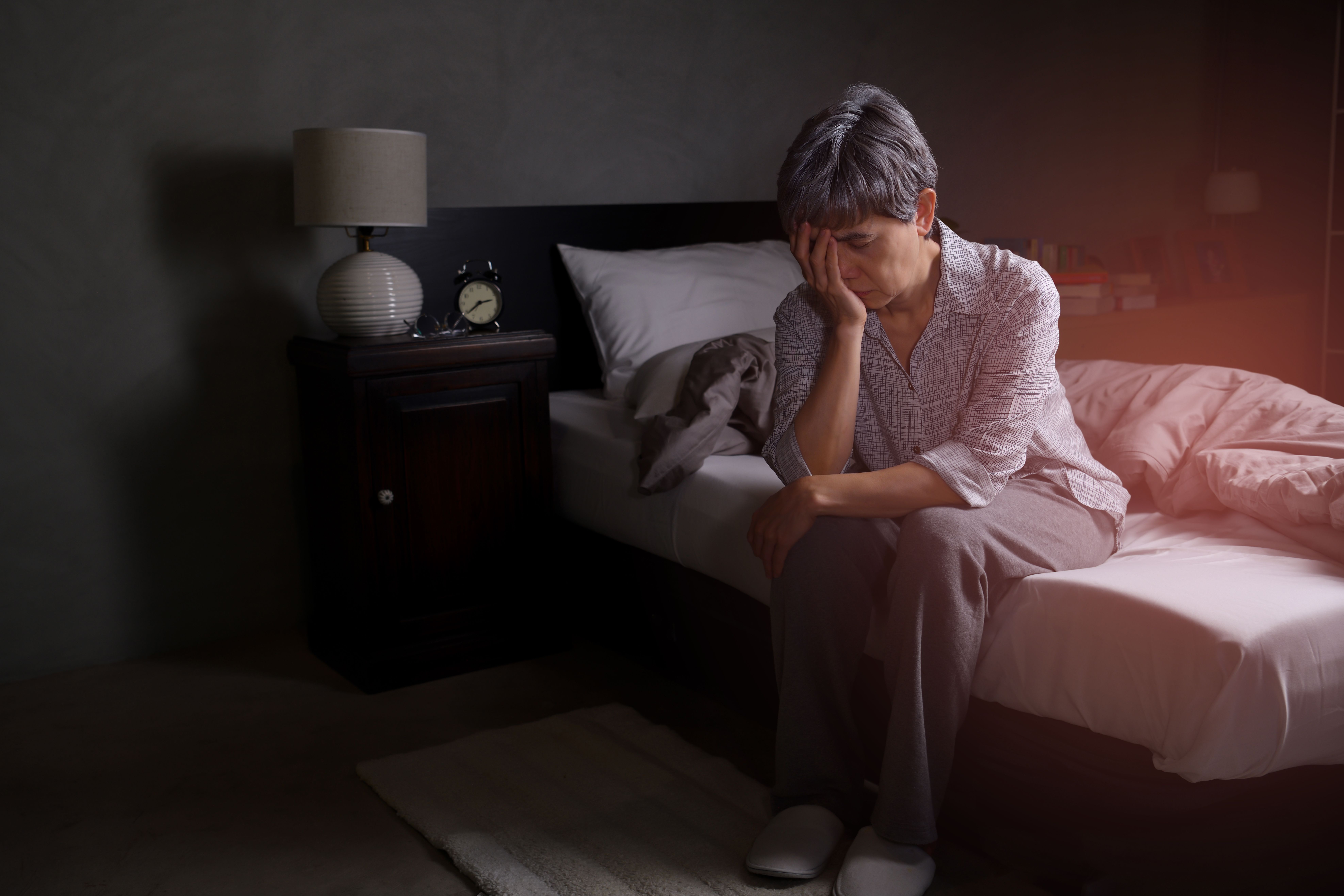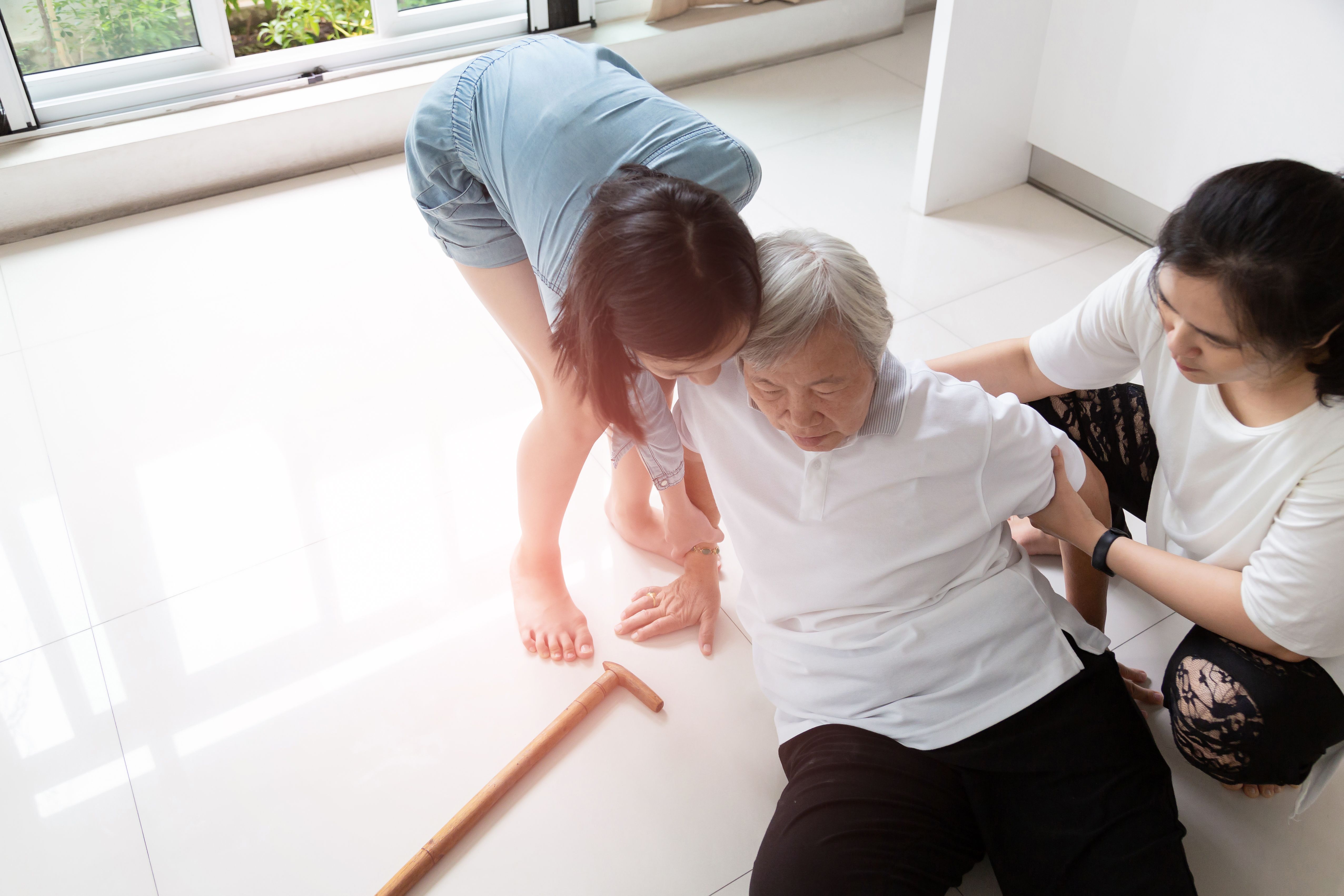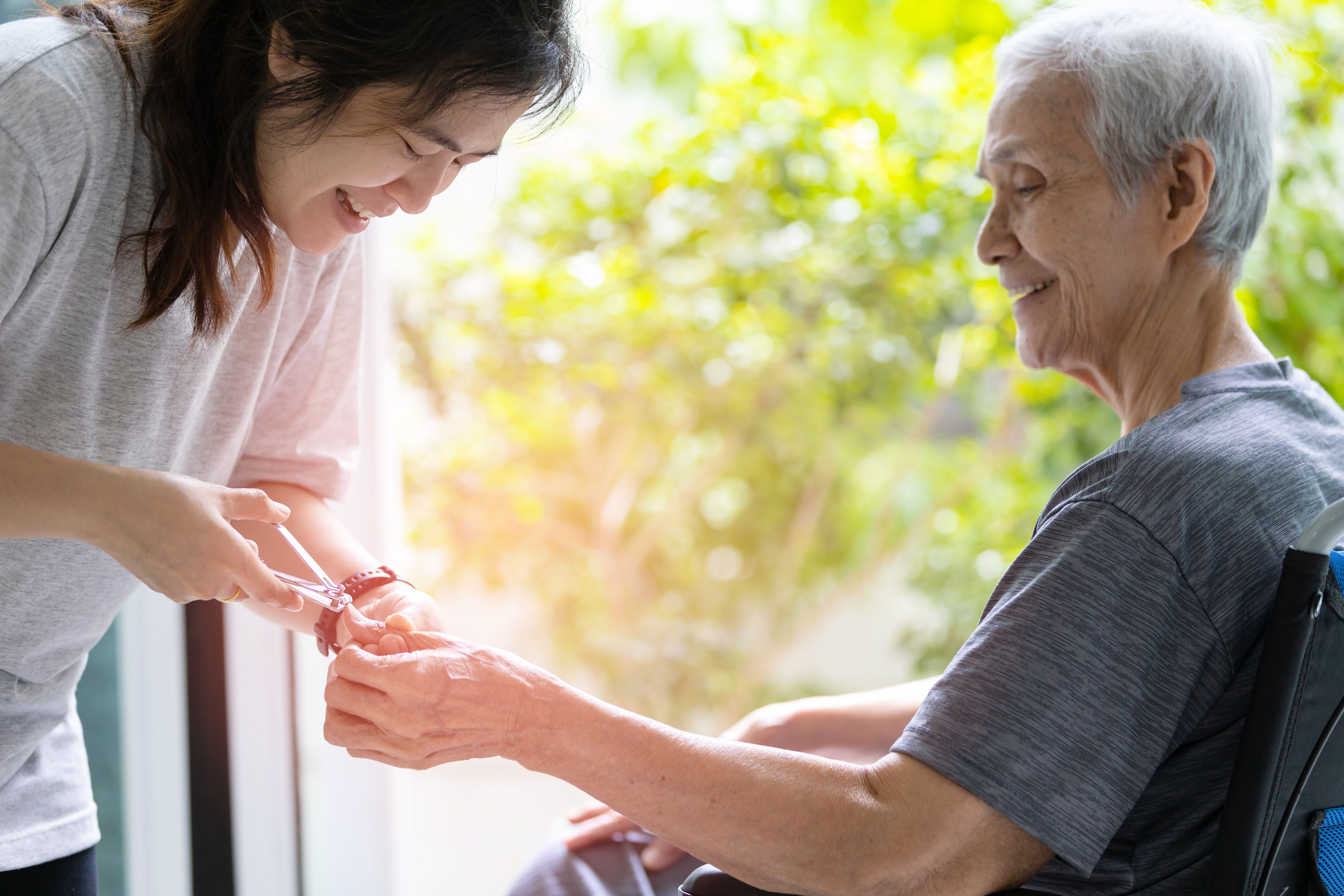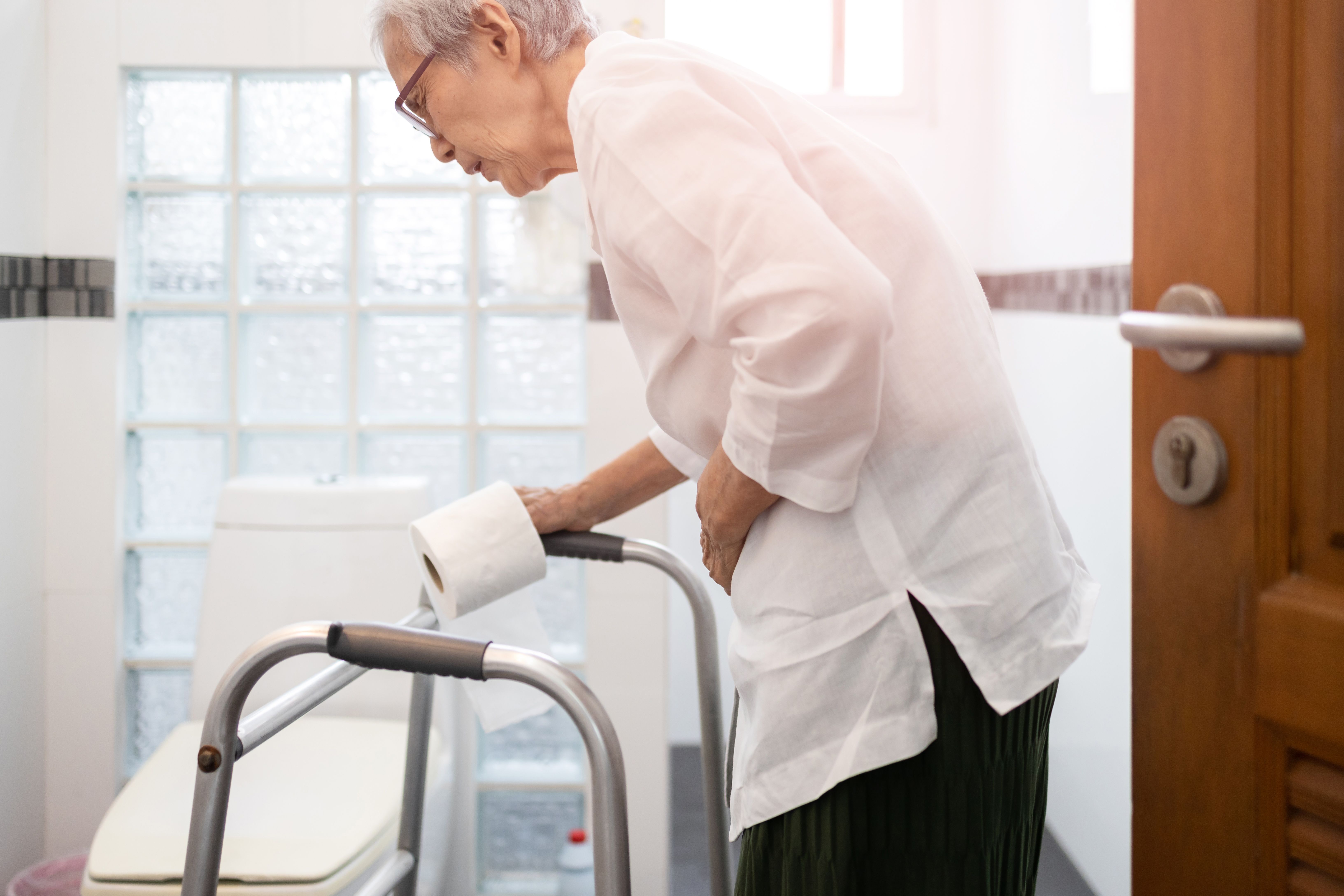Making cancer a little less scary
- CareBuddy
- 4 Mins Read
- 28 Jul 2022
- Cancer
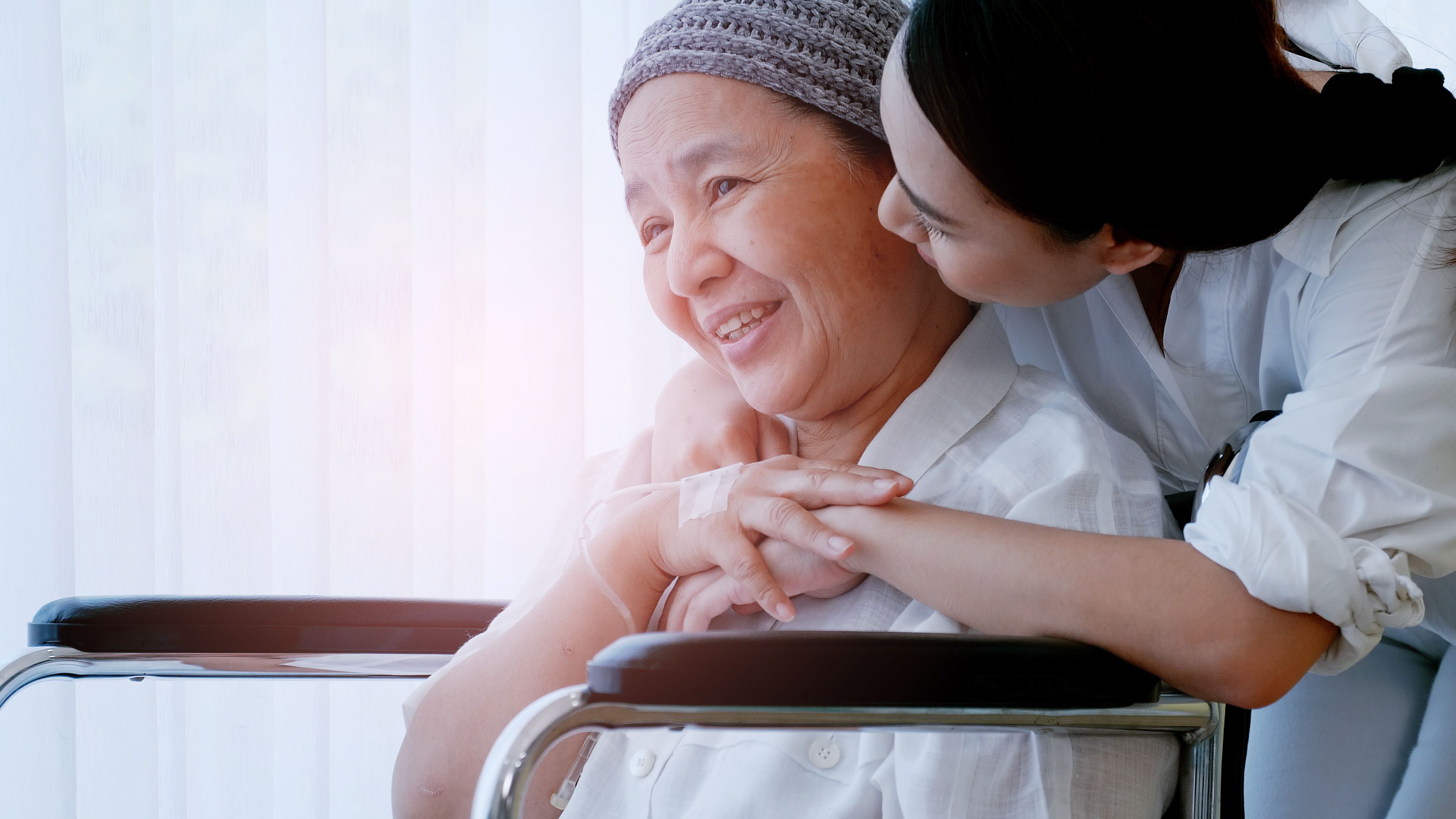
Nobody likes hearing that they or a loved one has cancer. This is one of the scariest words in the medical world. Depending on the stage of the cancer, it can be put in remission or become life-threatening. Providing care can be somewhat different depending on the stage the care receiver is in.
What is cancer?
Cell division is a natural biological process. Life starts with a single fertilised cell that divides into more cells forming an embryo which then develops into a complete human being.
This is usually a well-regulated process where the required amount of cell division takes place, no more, no less. But in some rare occasions, this regulatory mechanism malfunctions, causing uncontrolled cell division. The excessive mass of cells resulting from uncontrolled cell division is called a tumour.
Tumours can be benign (non-cancerous) or malignant (cancerous). Cancerous tumours spread into nearby tissues and can even invade distant parts of the body. They can trick blood vessels into growing towards them to feed them with nutrients. They can also trick the immune system into protecting them instead of attacking them.
As cancerous tumours grow, they impede organ functions, including organs that keep us alive, such as the liver, lungs and brain. They also disturb the normal functioning of blood vessels and nerves. As a result of all this, cancer is life-threatening.
Cancer progresses through a few stages. Detecting and diagnosing it at an early stage immensely increases the chances of survival.
Stage 0: There’s no cancer yet, but there are abnormal cells with the potential to become cancerous.
Stage 1: Cancer is localised to a small area.
Stage 2: Cancer has grown, but has not spread.
Stage 3: Cancer has grown larger and has spread to nearby tissues, necessitating more aggressive treatment.
Stage 4: Cancer has spread to other organs around the body and needs the most aggressive treatment.
Common types of cancer
- Breast cancer
- Cervical cancer
- Colon and rectal cancer
- Liver cancer
- Lung cancer
- Pancreatic cancer
- Prostate cancer
- Stomach cancer
- Testicular cancer
Treatment for cancer
Treatment typically takes a few forms:
- Chemotherapy: Using powerful anti-cancer medicines to kill the cancerous cells.
- Radiation therapy: Using high doses of radiation to kill the cancerous cells.
- Surgery: When the tumour is isolated enough, it can be removed surgically.
- Immunotherapy: A variety of therapies that stimulate the person’s own immune system to kill the cancer.
- Laser therapy: Using high-intensity hot light to shrink or destroy tumours.
Responsibilities of a caregiver
When a care receiver is experiencing a severe and life-threatening illness like cancer, a caregiver’s responsibilities become two-fold: helping with treatment and with overall quality of life.
Treatment:
- Assist them with their chemotherapy and radiation schedule and transport them to their appointments on time.
- Remember medication and ensure that the care receiver doesn’t miss doses.
- Keep track of day-to-day health and report it to doctors whenever necessary
Quality of life
- Provide emotional support, listen to them and give them psychological comfort in any way possible.
- Help them perform day-to-day tasks such as bathing, clothing and housework.
- Ensure that they have their meals regularly.
- Help them find support groups of others with cancer and those who’ve survived it.
- Take care of the financial aspects of their treatment and day-to-day life.
We all want the outcome in which cancer goes into remission and the care receiver gets on with their lives. But this doesn’t always happen. In case the cancer progresses and becomes terminal, the only care we can provide is the second type (quality of life) to ensure that the care receiver experiences minimal pain and maximum comfort for the rest of their life.
Don’t forget to take care of yourself. It can be emotionally and physically draining on the caregiver too, so please ensure that you are sufficiently rested and surrounded by folks who can give you the support you need.
Article reviewed by Dr Christopher Kong San Choon, Senior Consultant, Gastroenterology & Hepatology (Liver), StarMed Specialist Centre.
